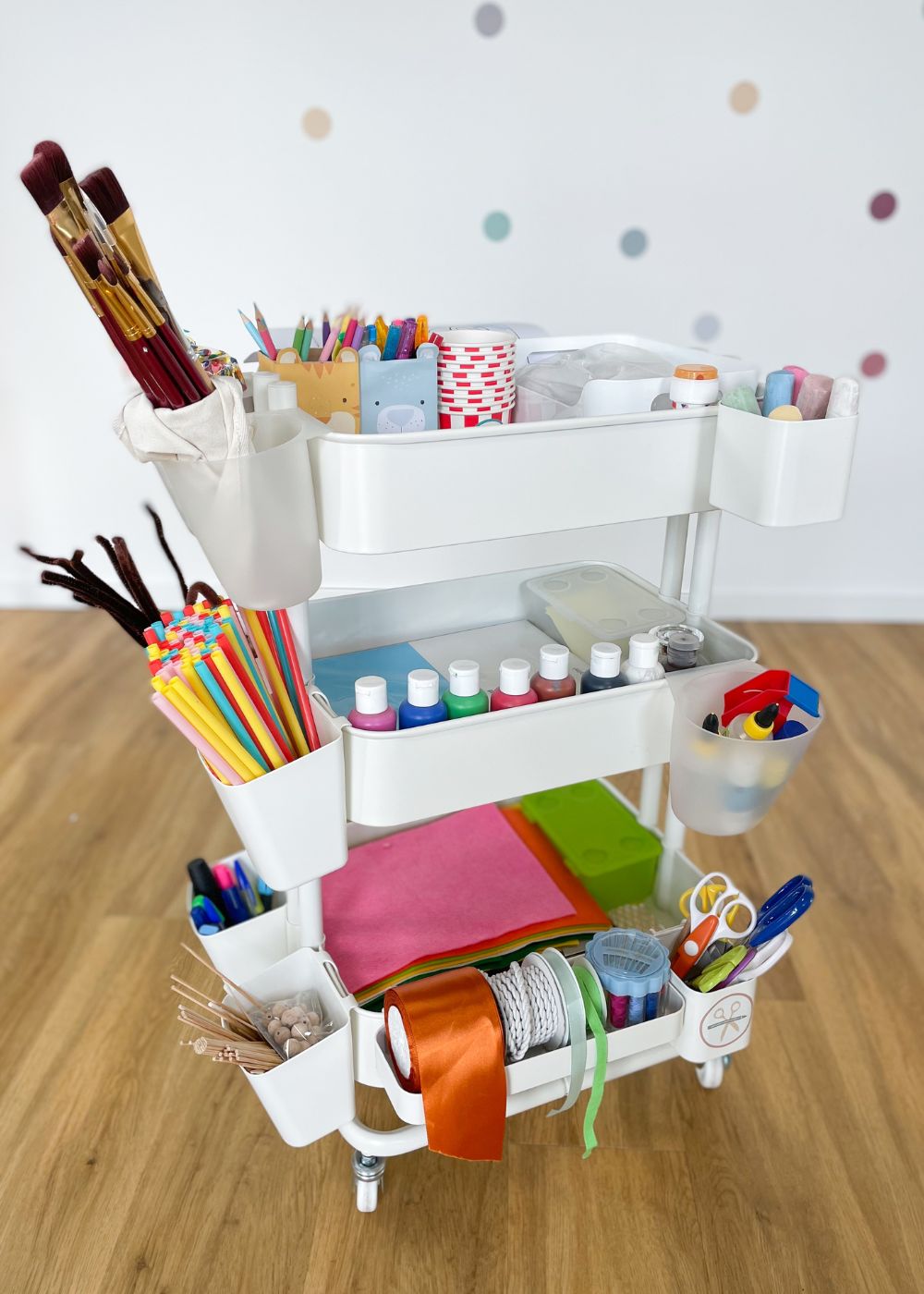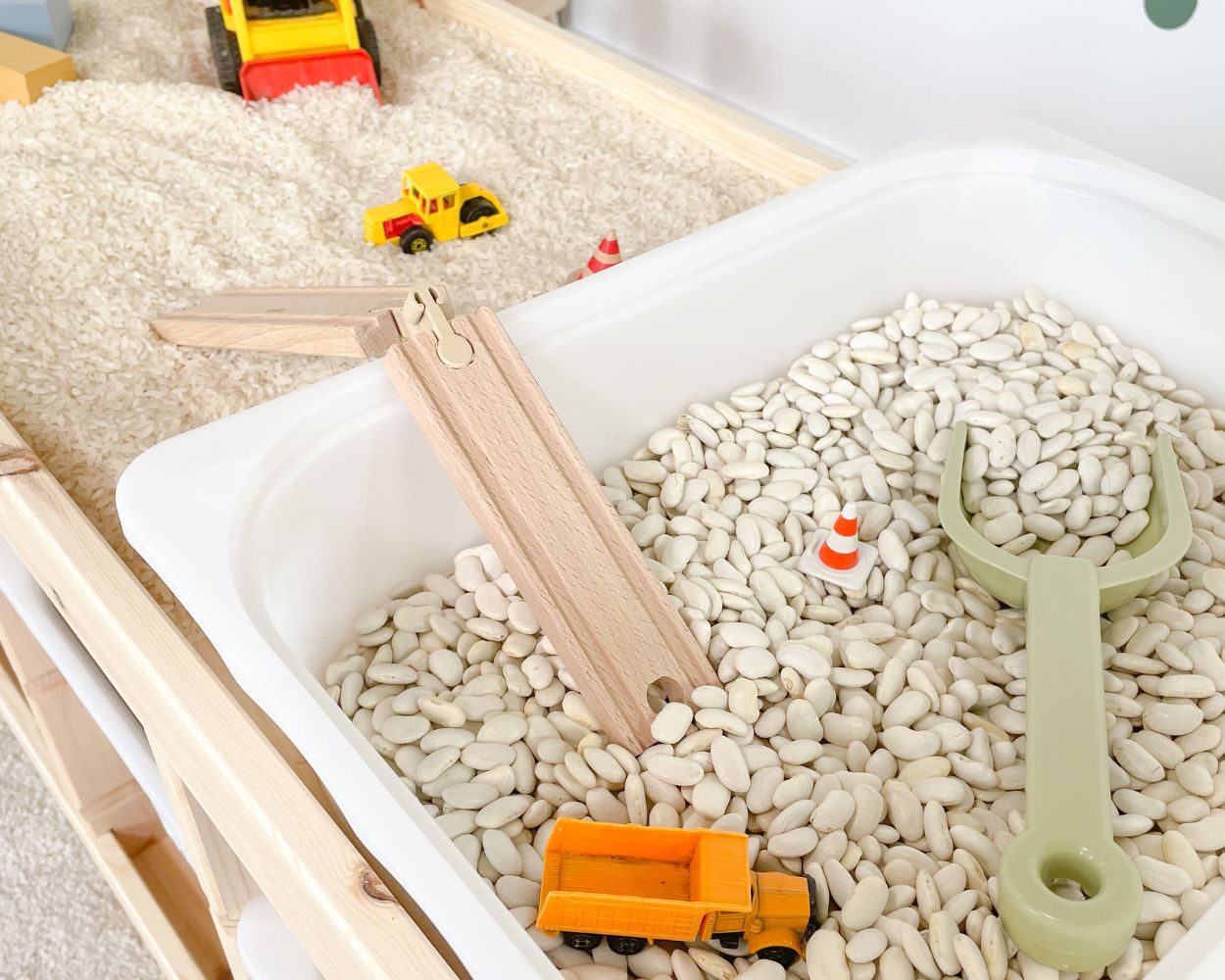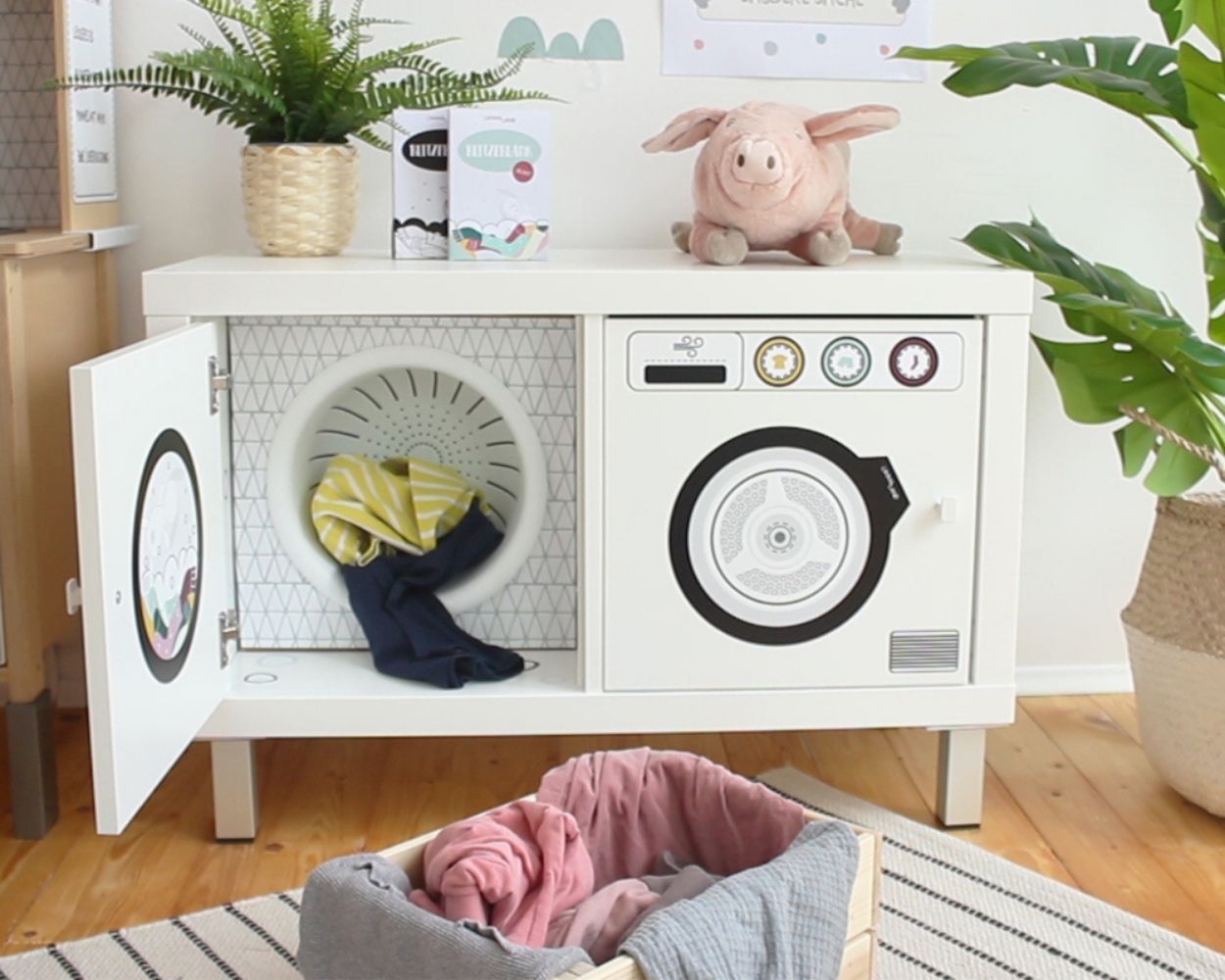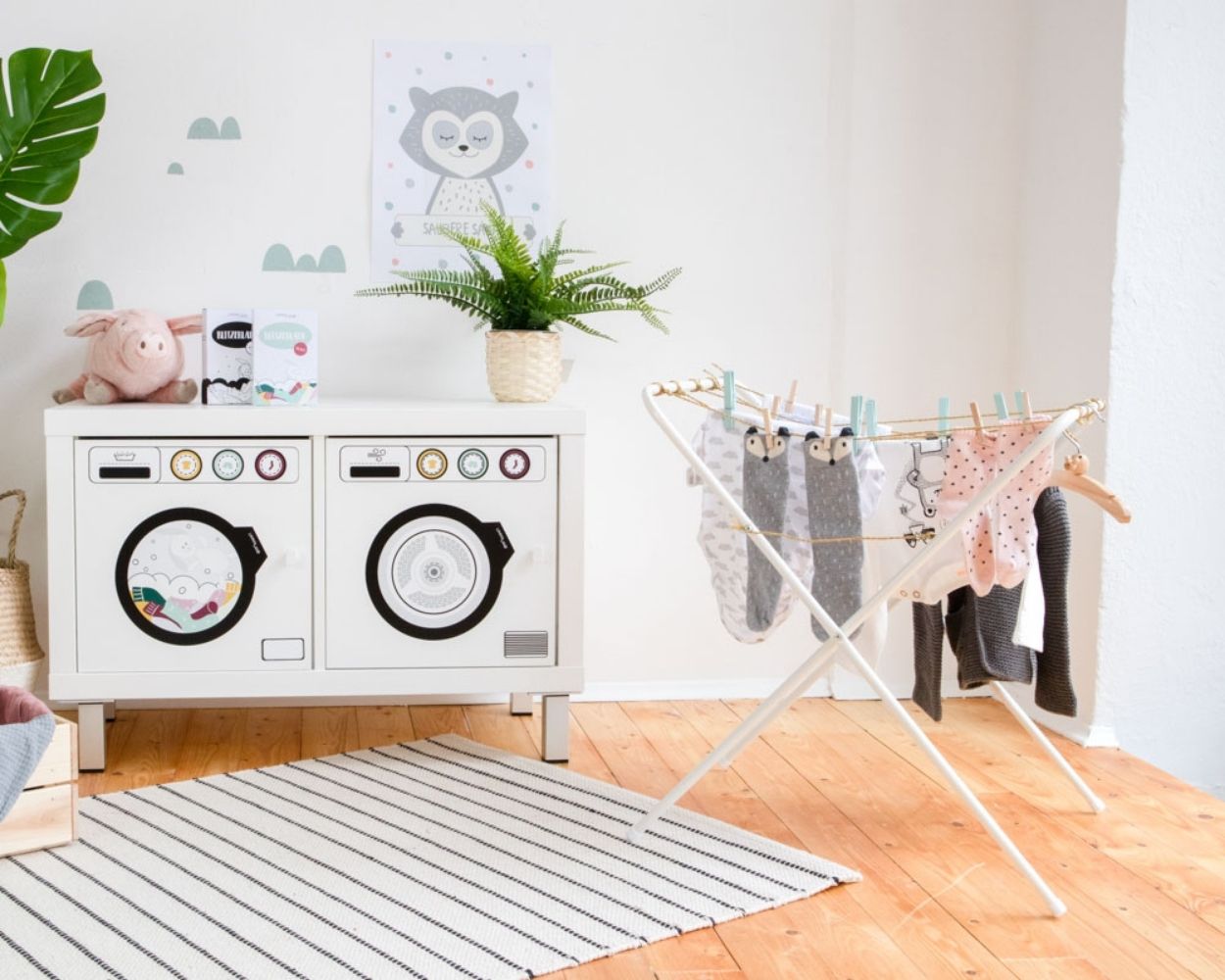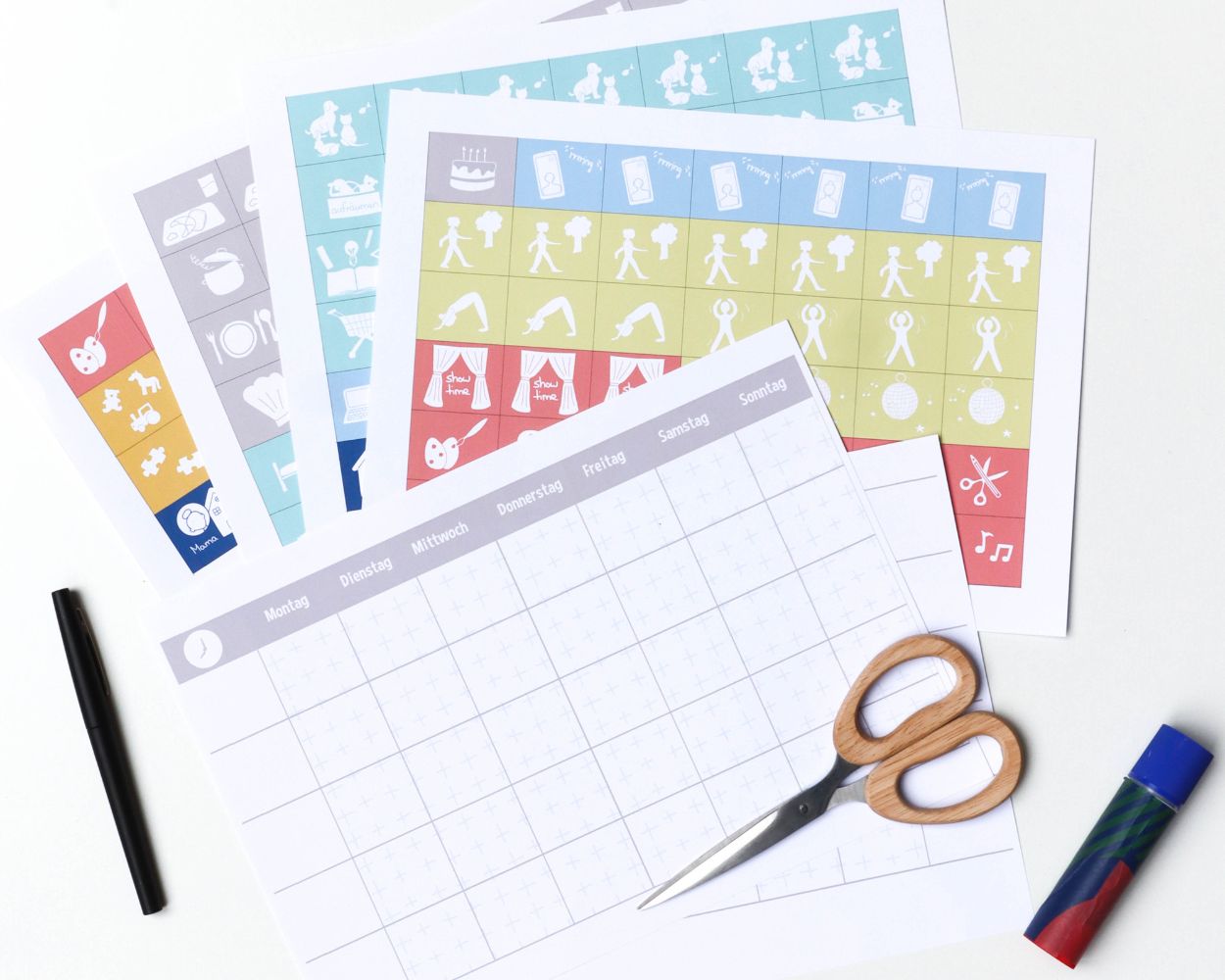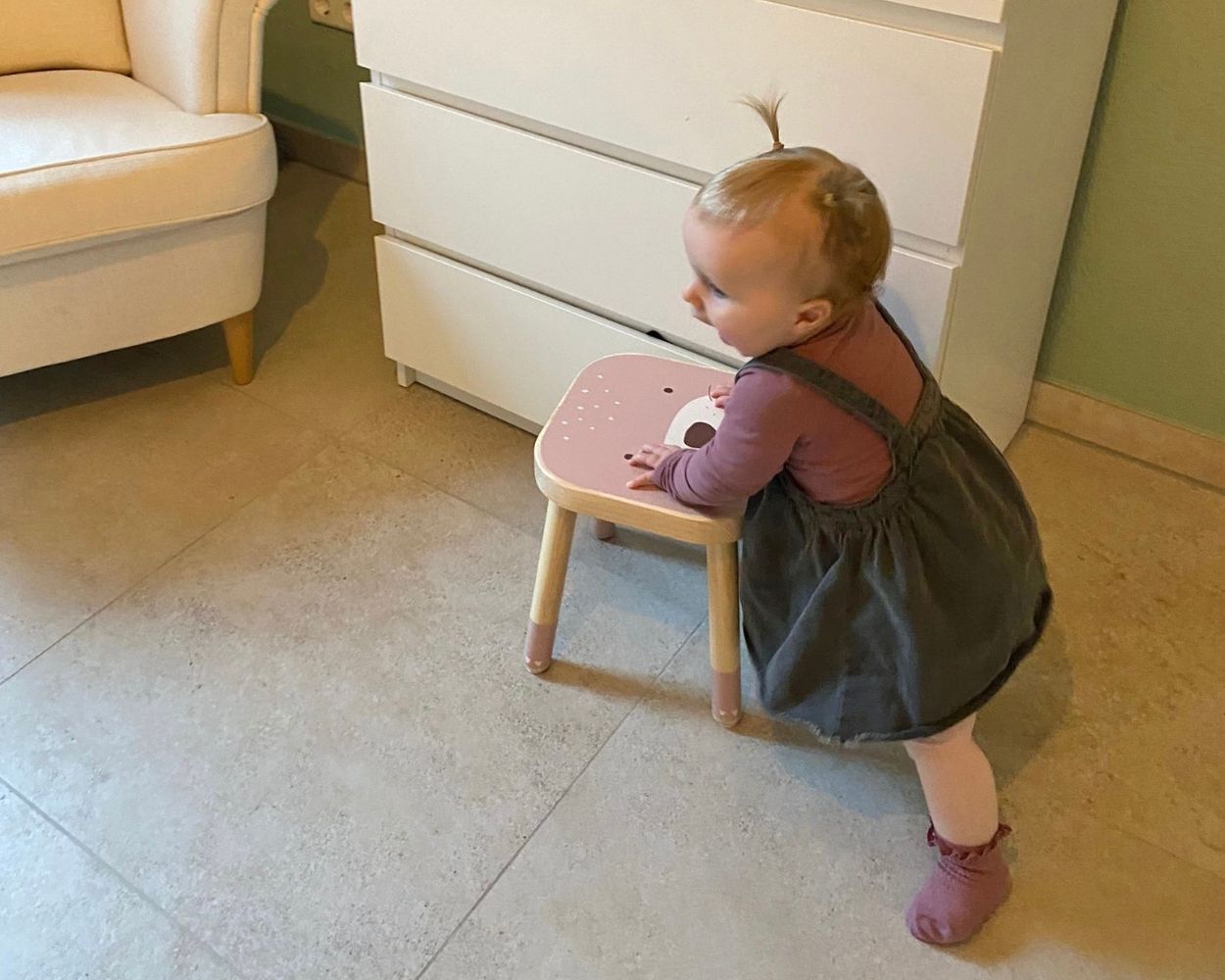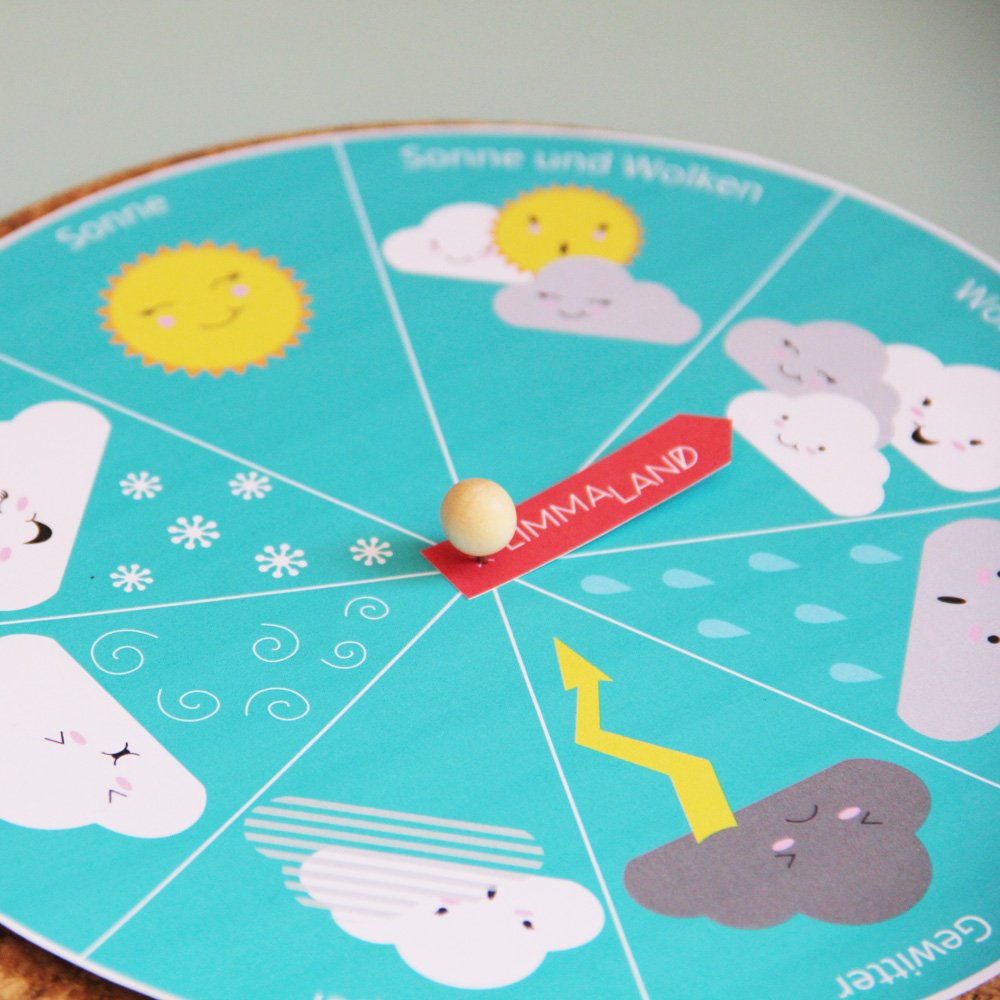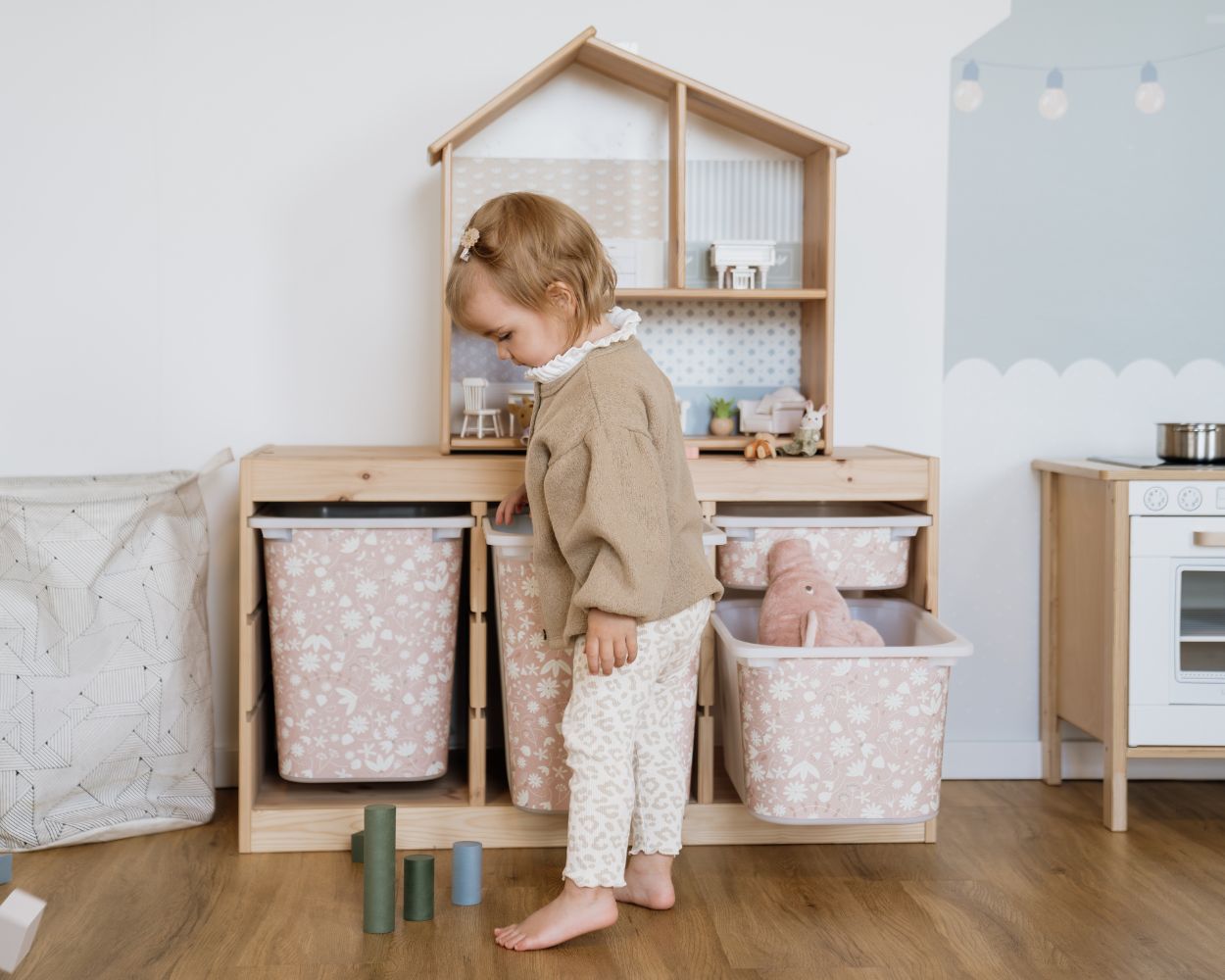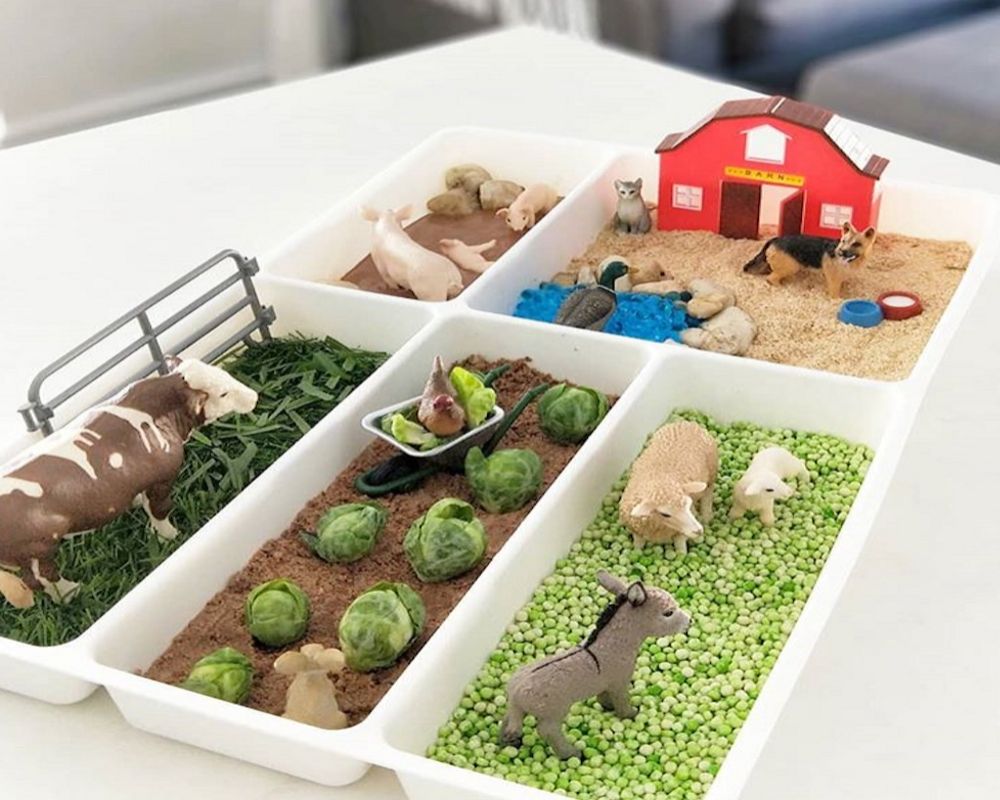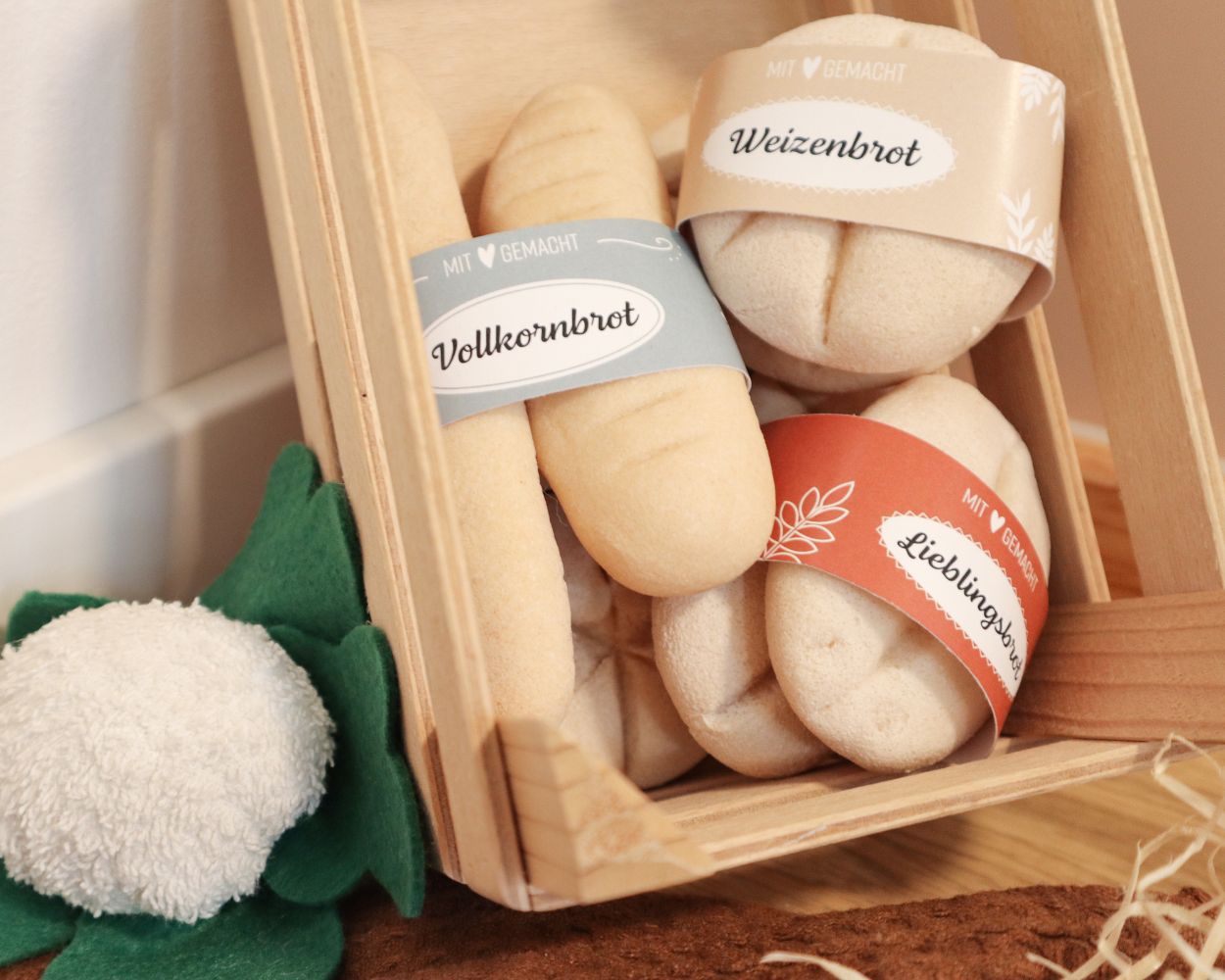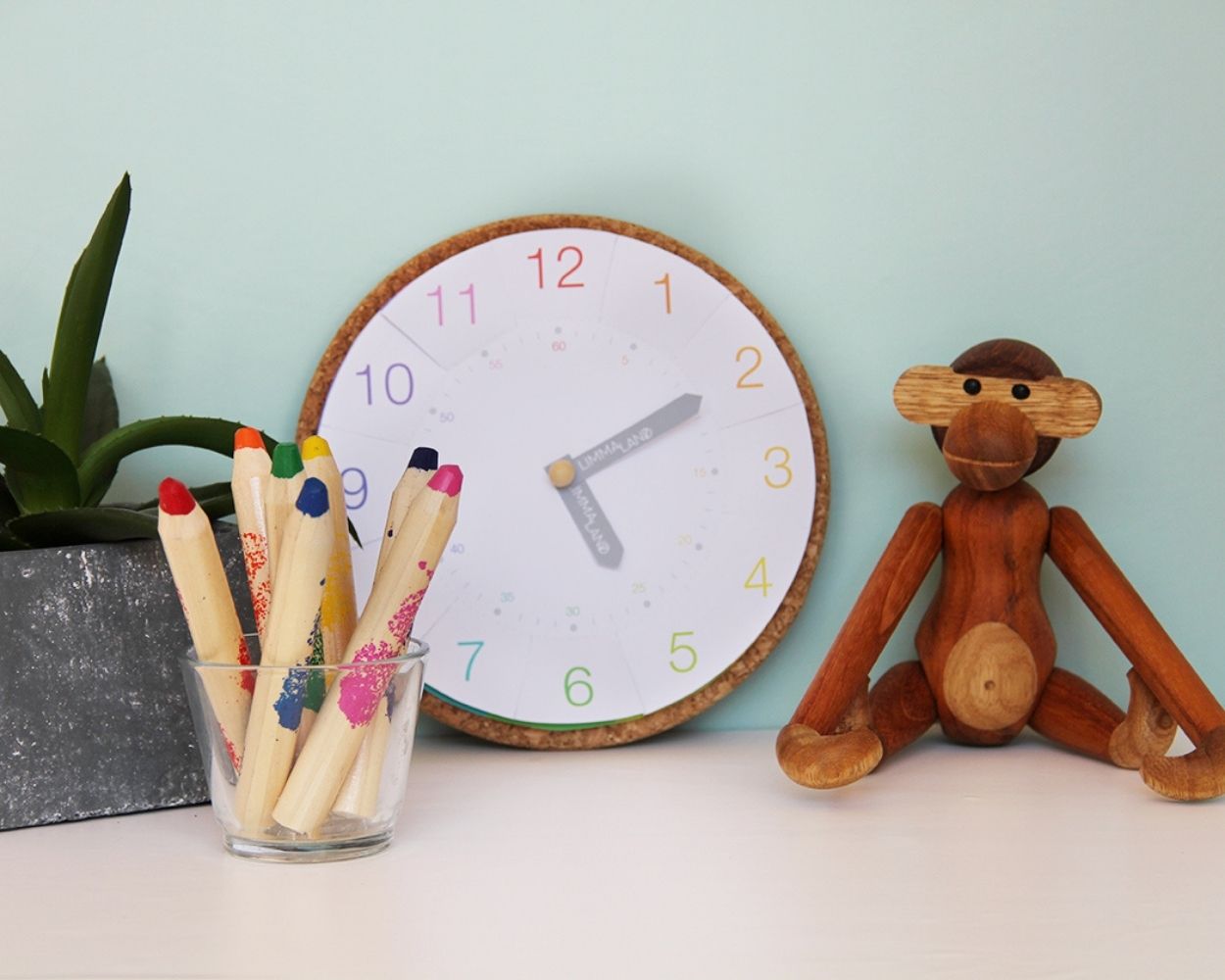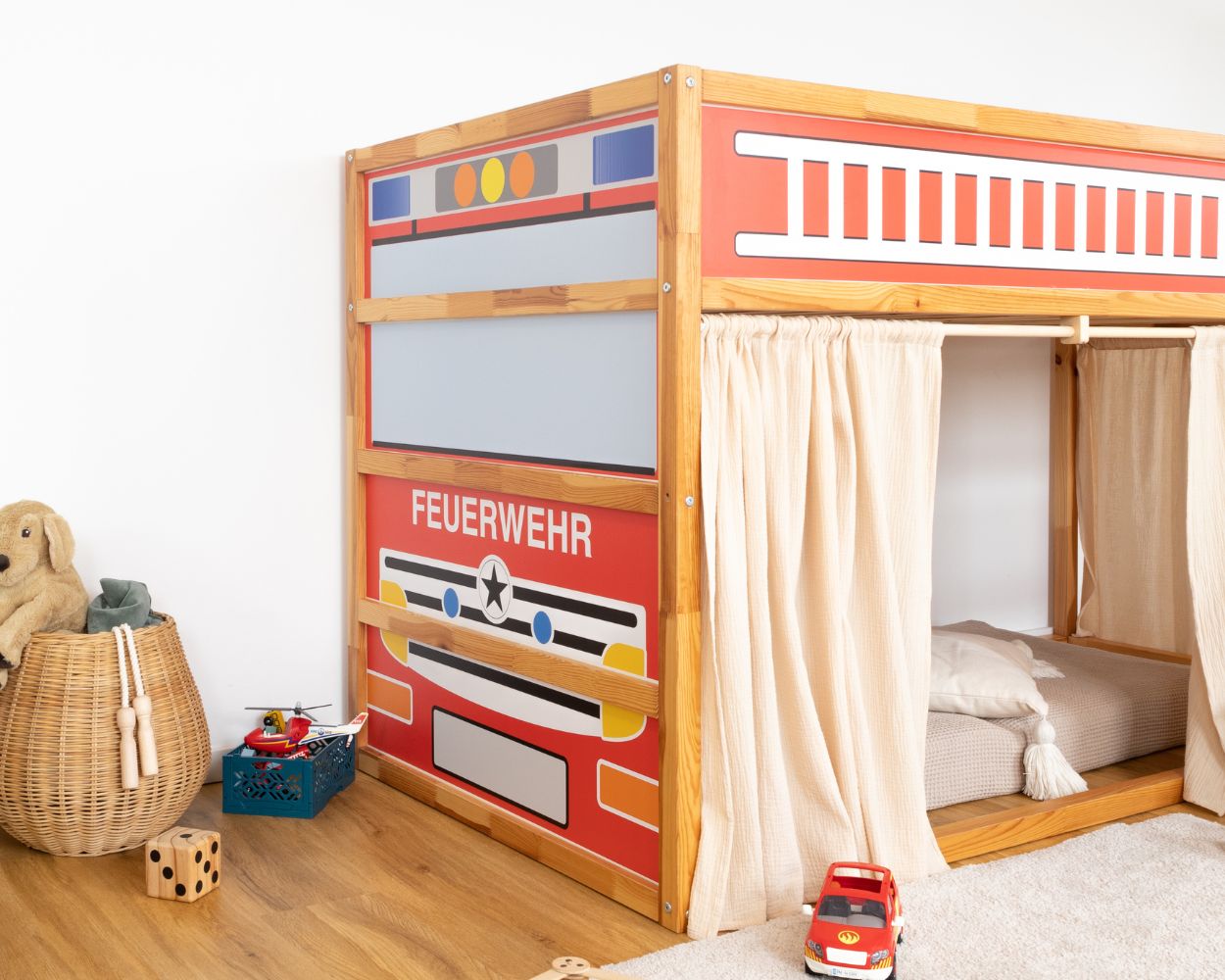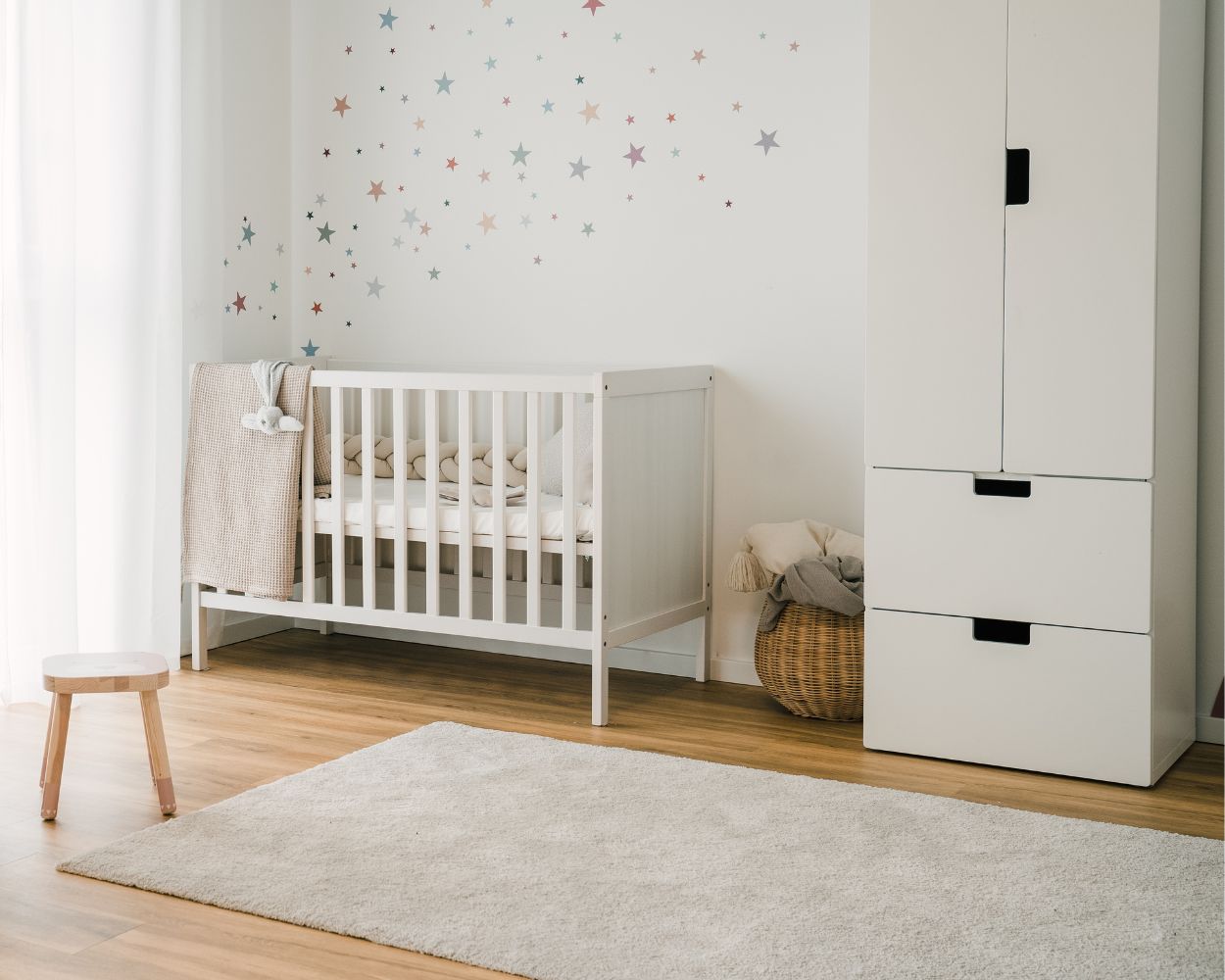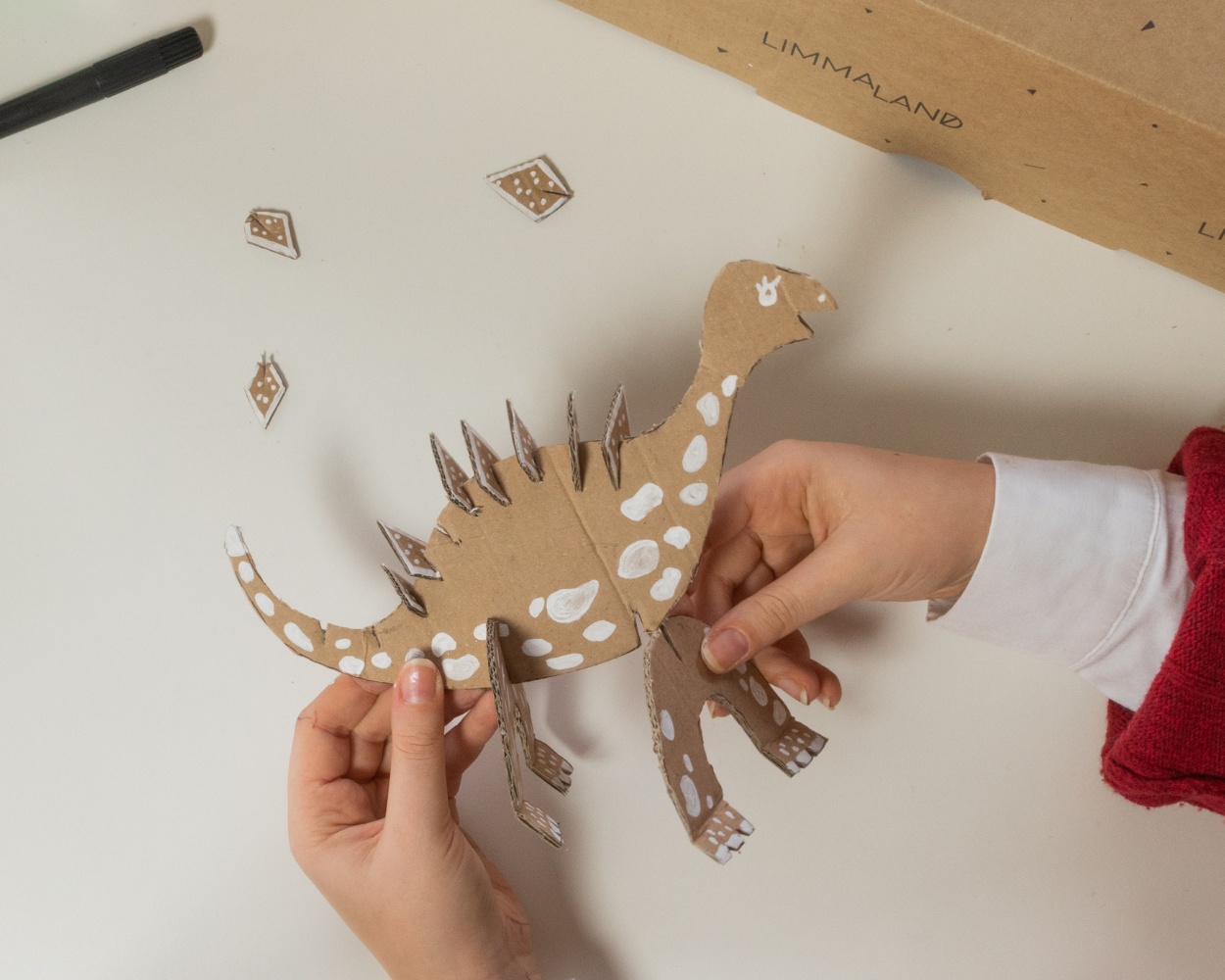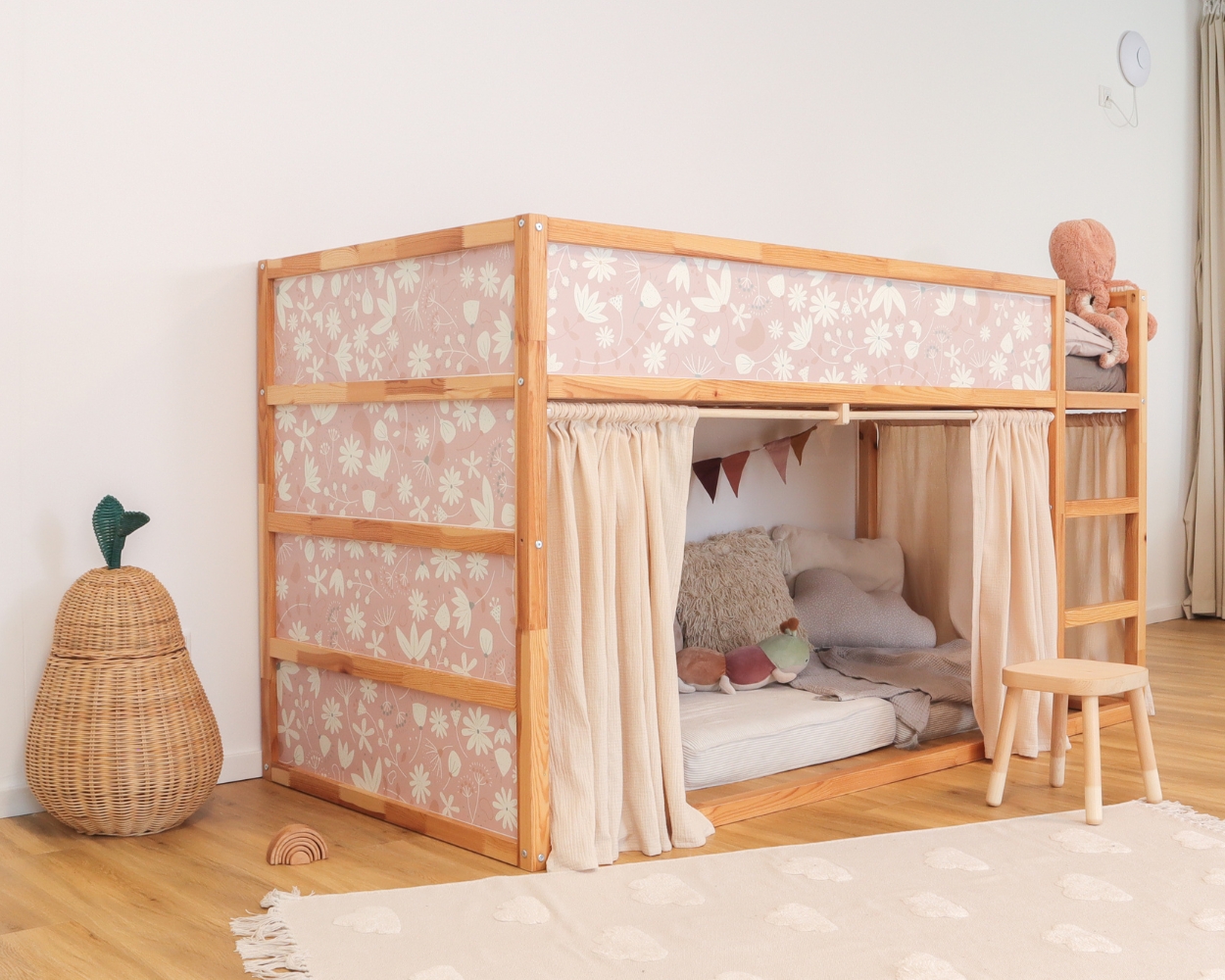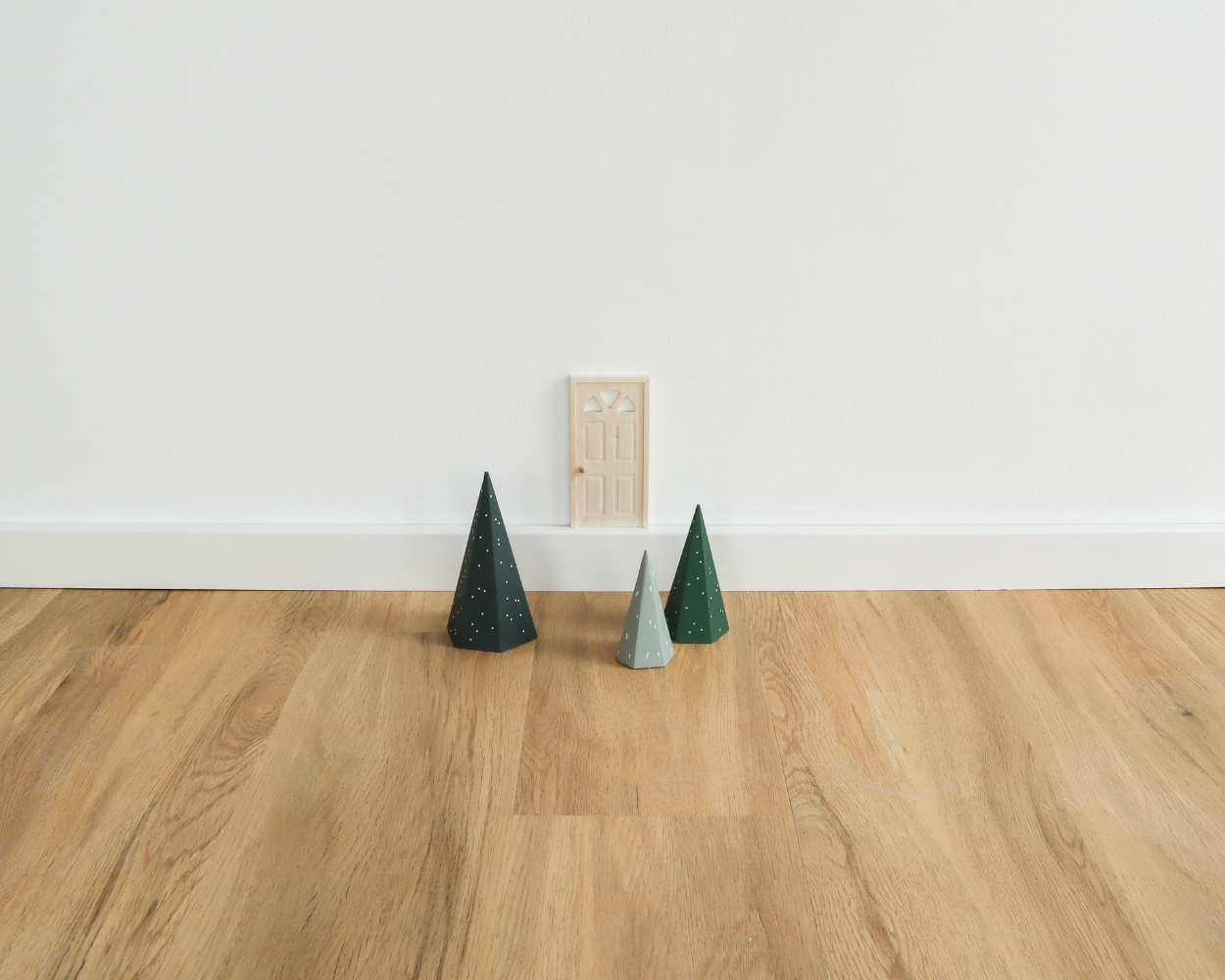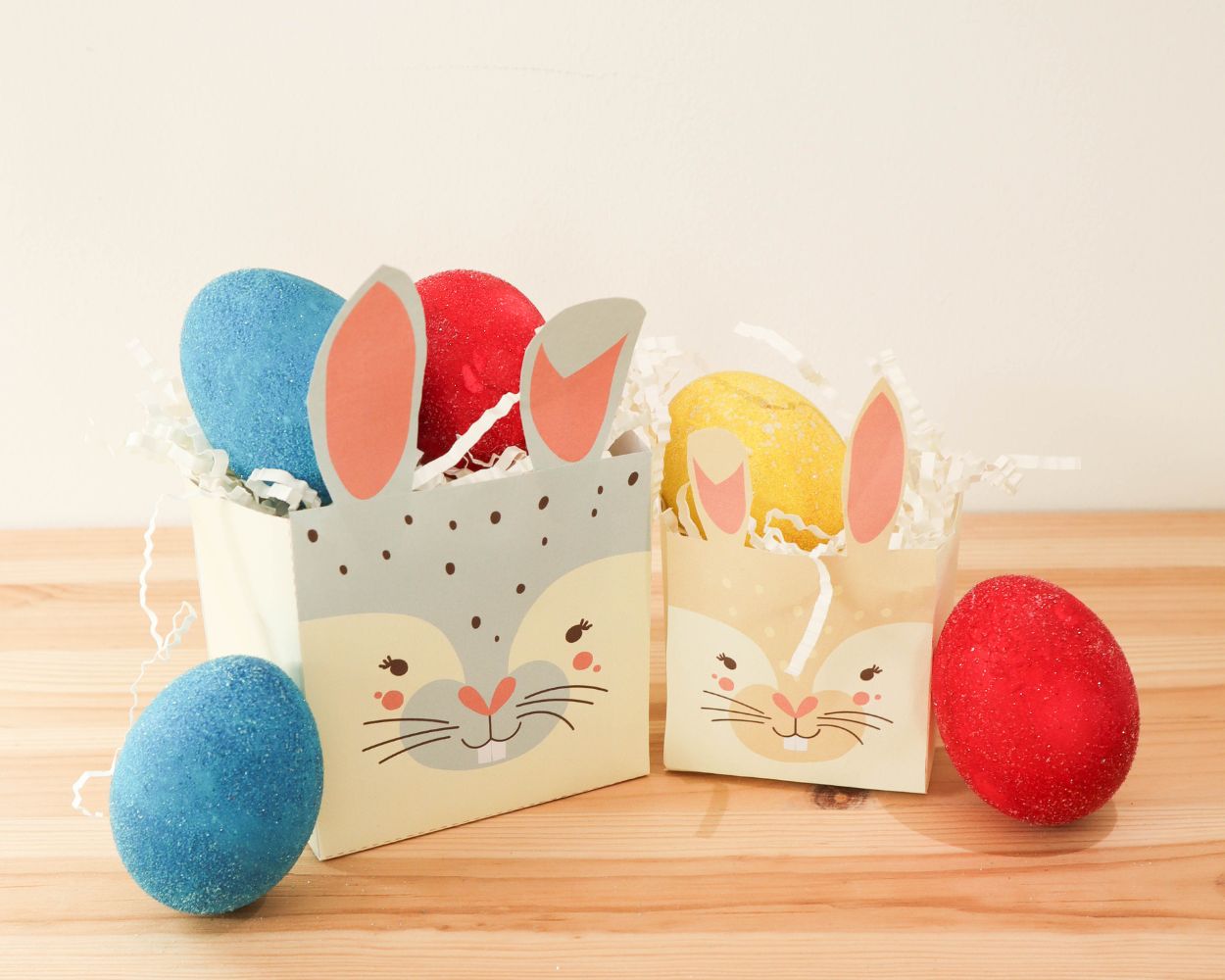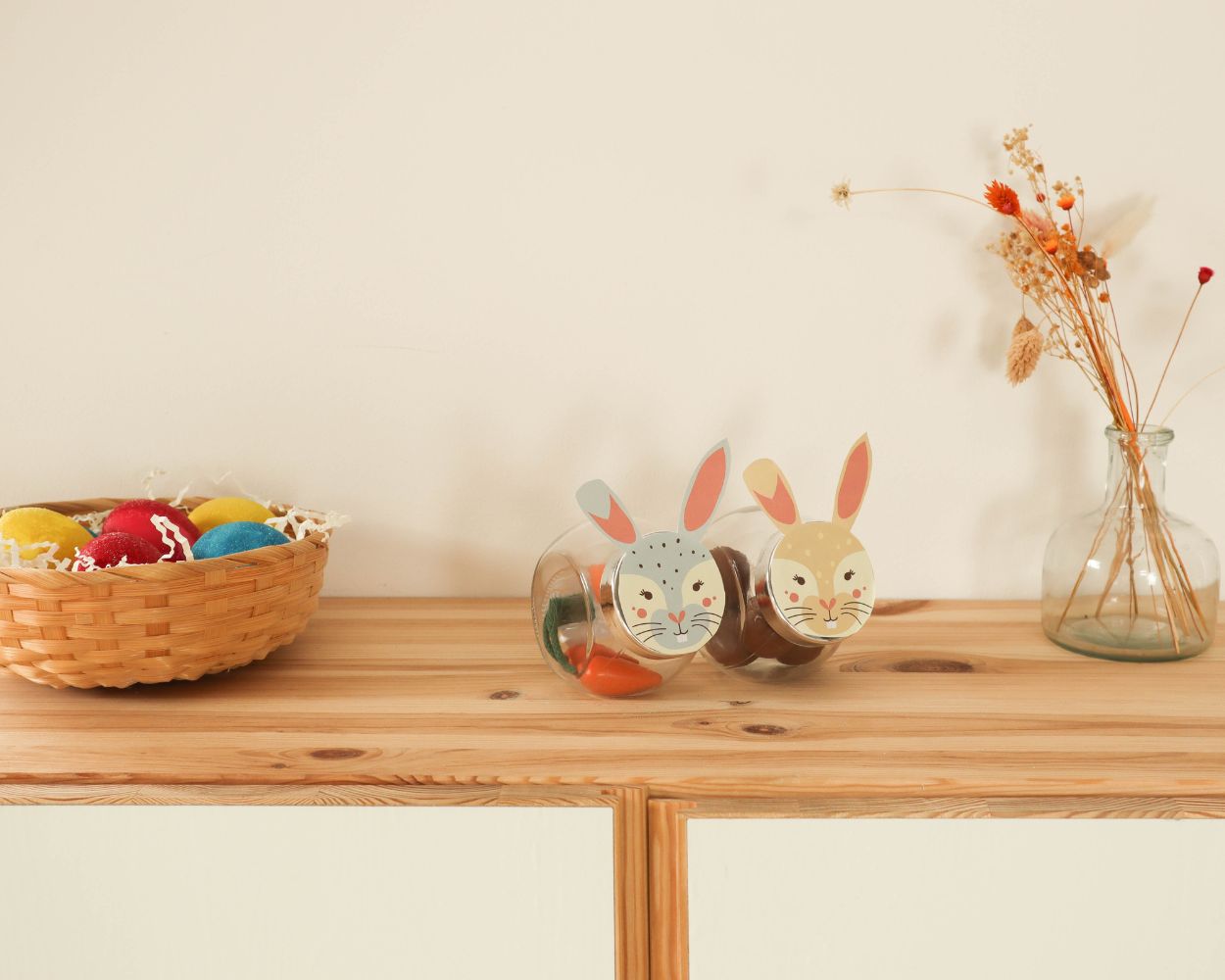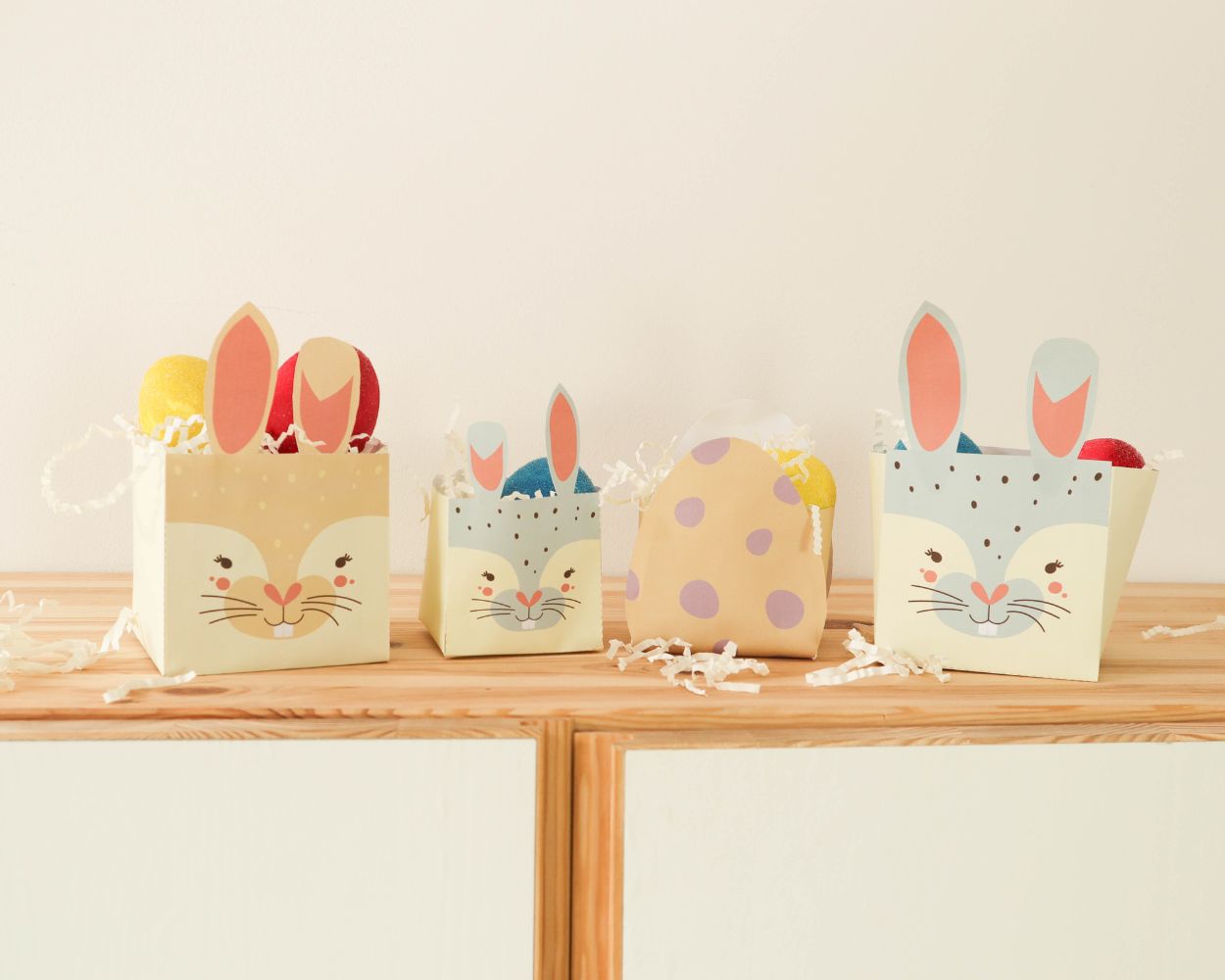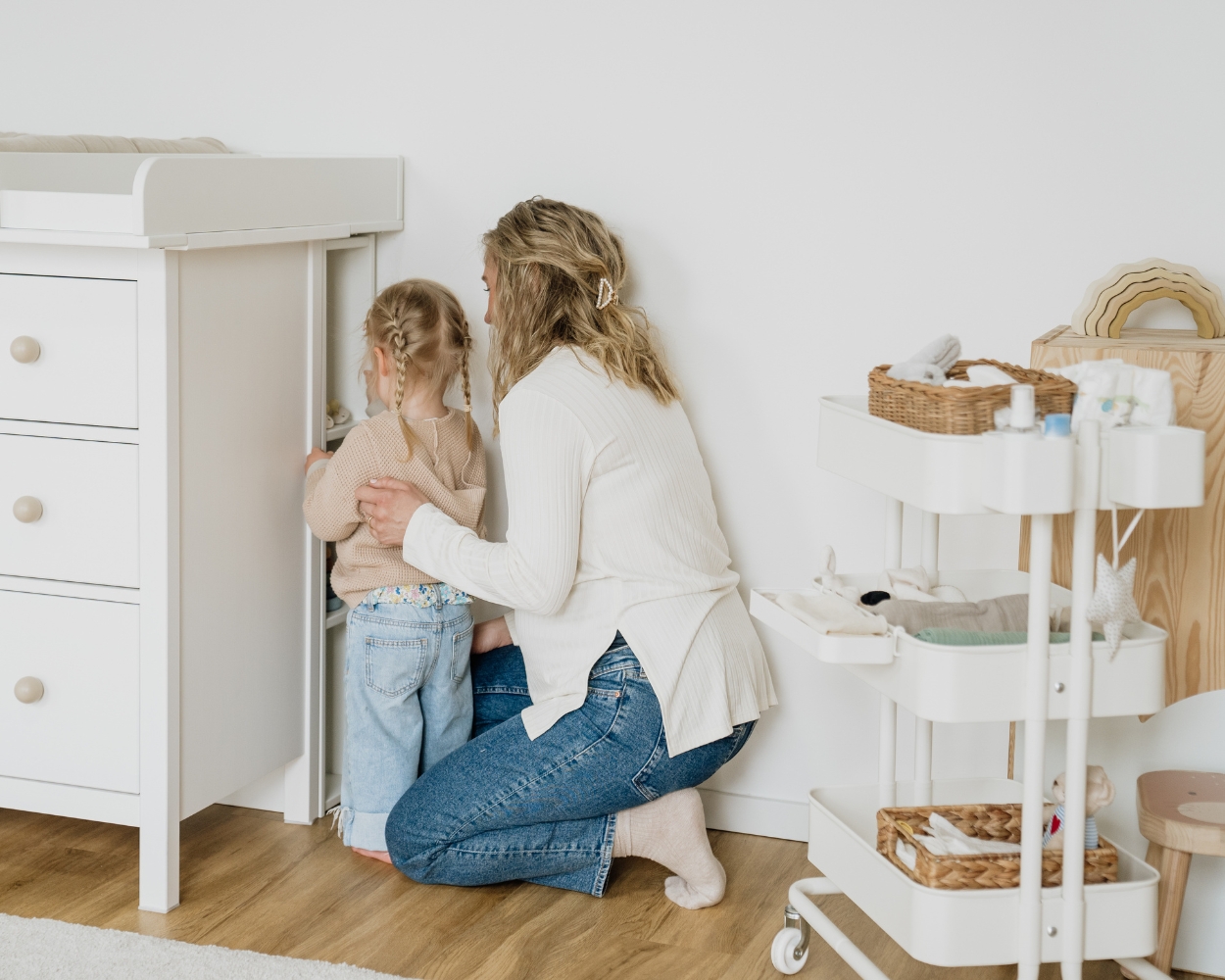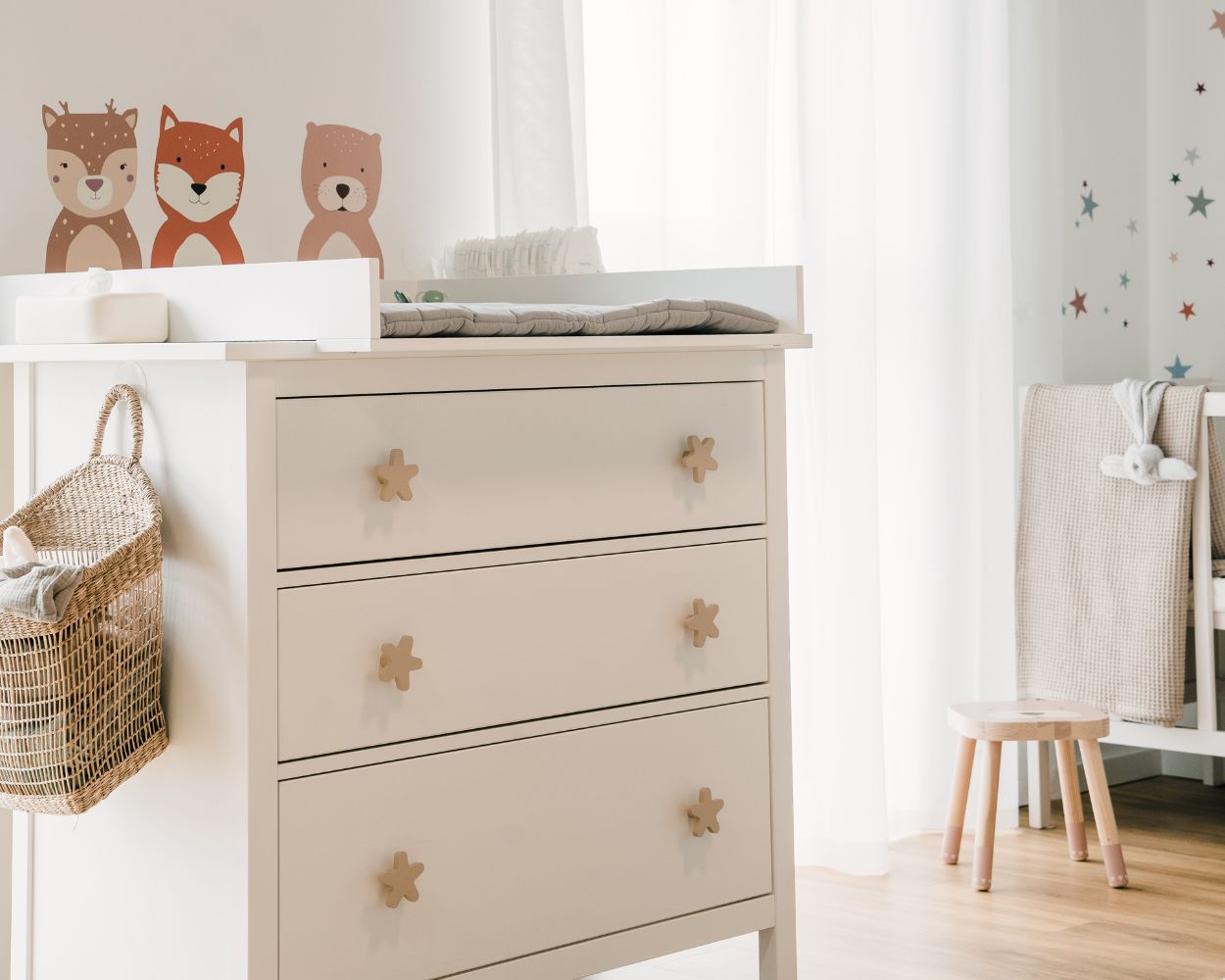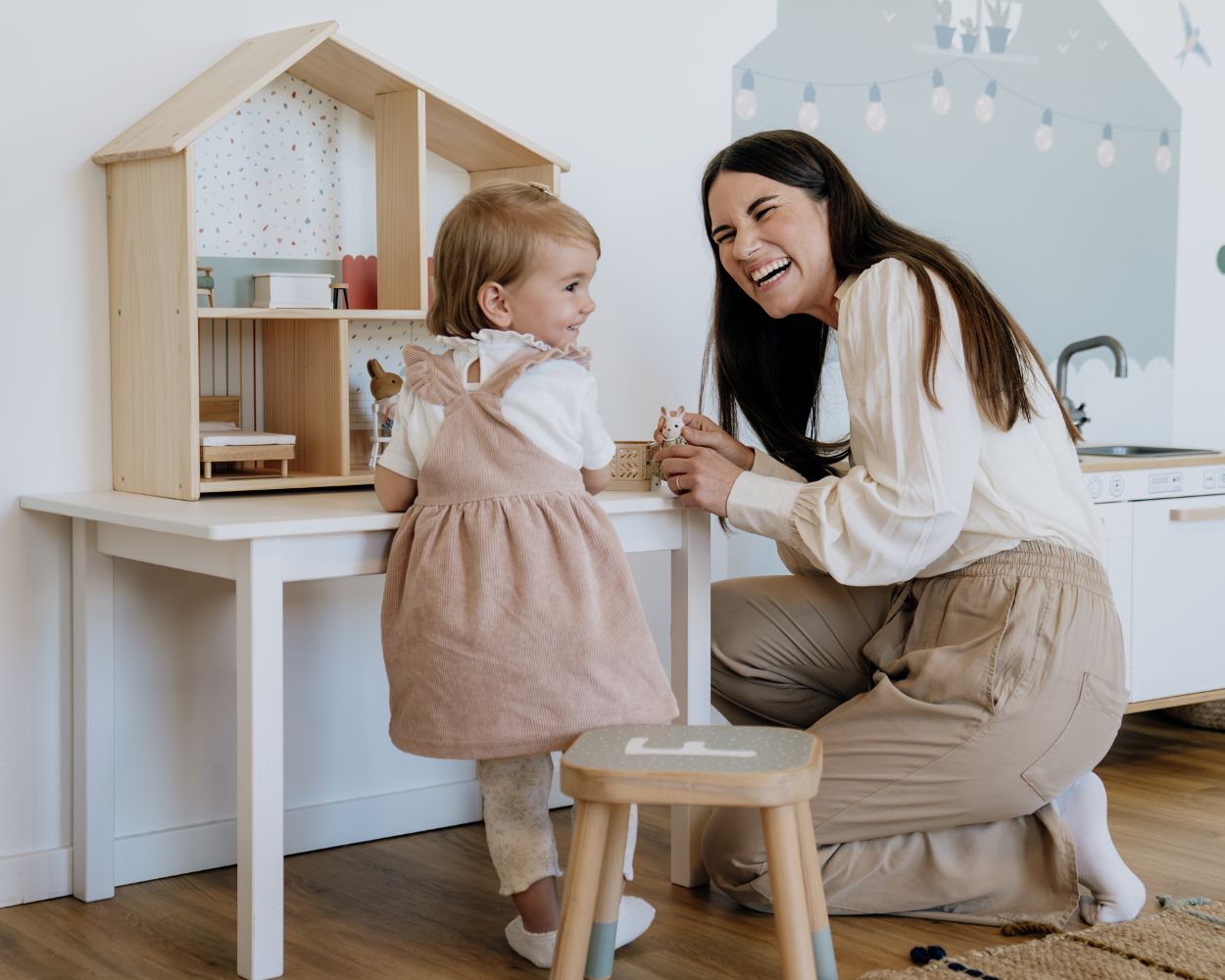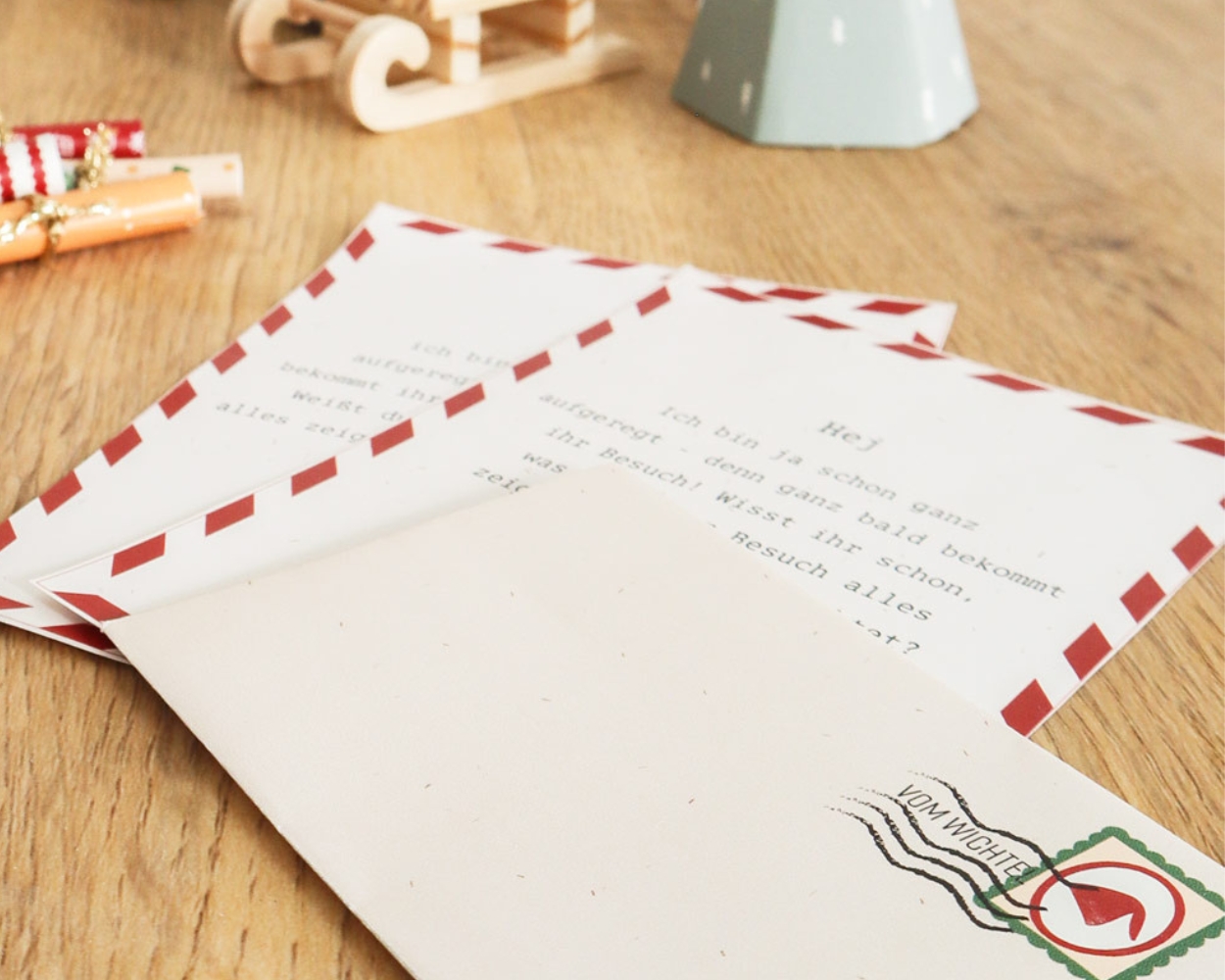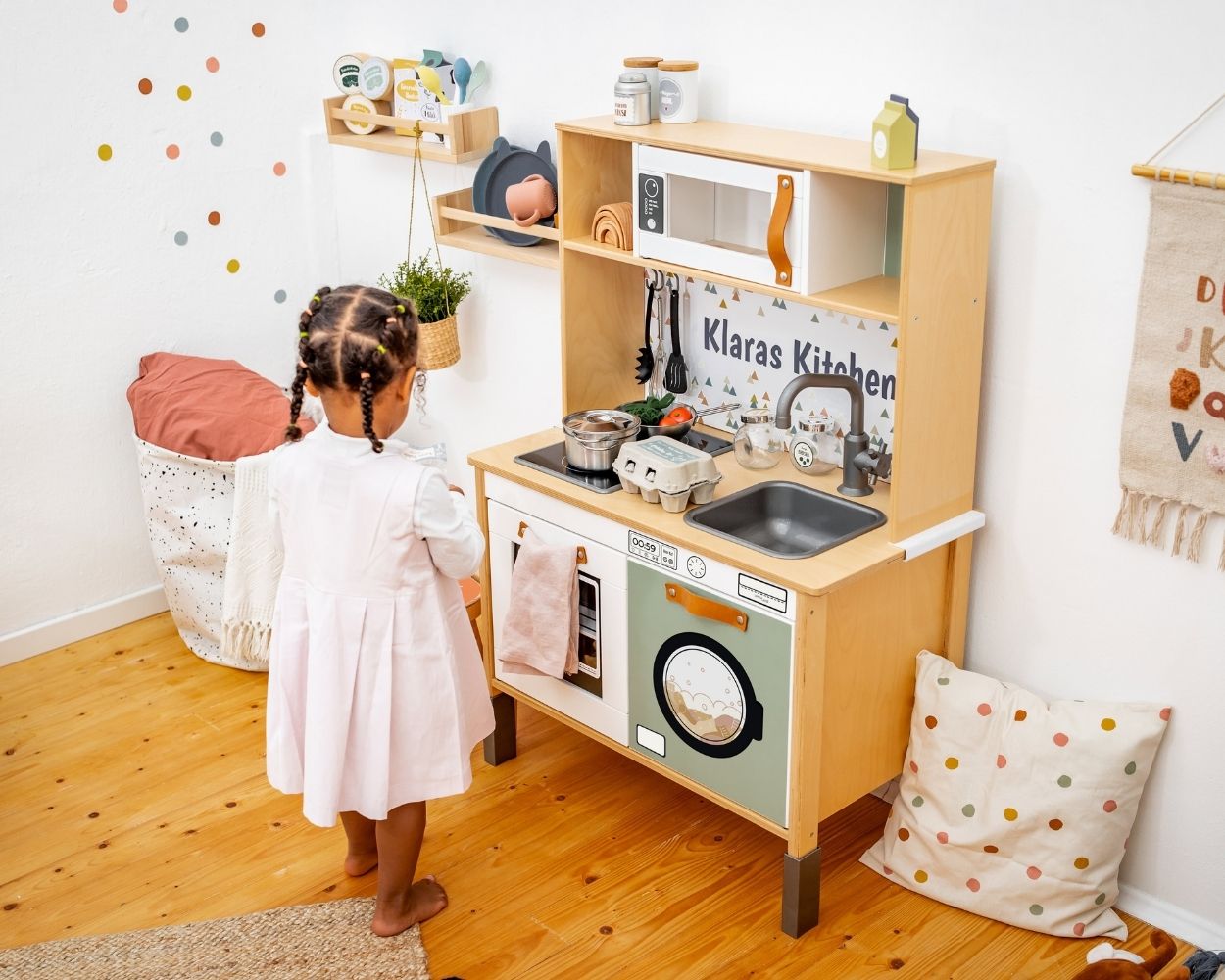
Montessori children's room

Montessori in the nursery: Help me to do it myself
What does Montessori mean?
The Italian doctor and educator Maria Montessori (1870-1952) developed the Montessori method of education. The guiding principle "Help me to do it myself" means: We offer our children a framework for playing, living and learning. We support them in discovering their own abilities and interests with their thirst for research and development and in learning through successes and failures.
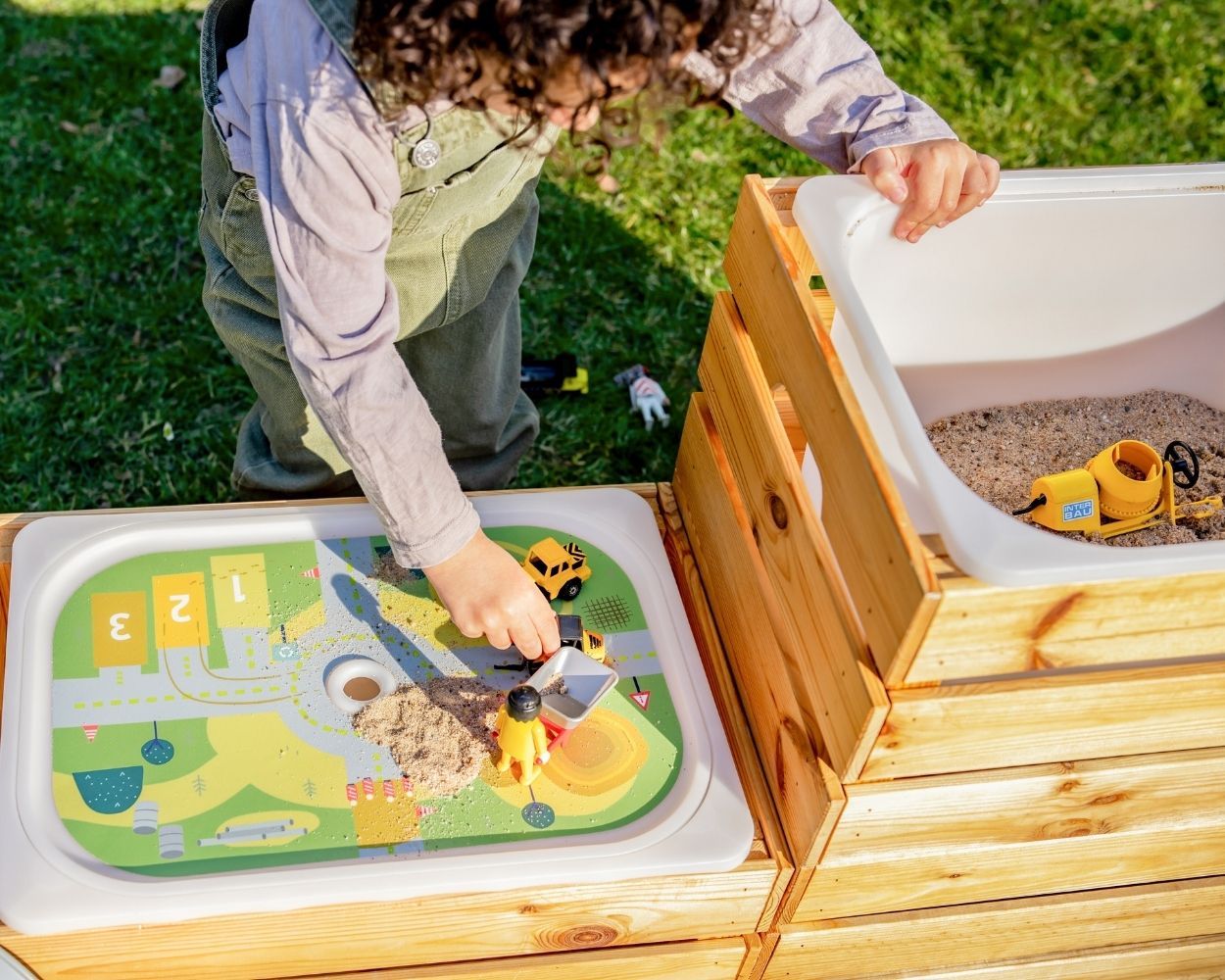
3 reasons for Montessori in your home
- Self-determined learningmontessori promotes independent learning in which children can explore their individual interests and talents.
- Concentration and independence: Montessori activities allow children to develop independence and concentration.
- Freedom of movement: Montessori encourages children to be physically active and favours active learning.
How to integrate Montessori into your home
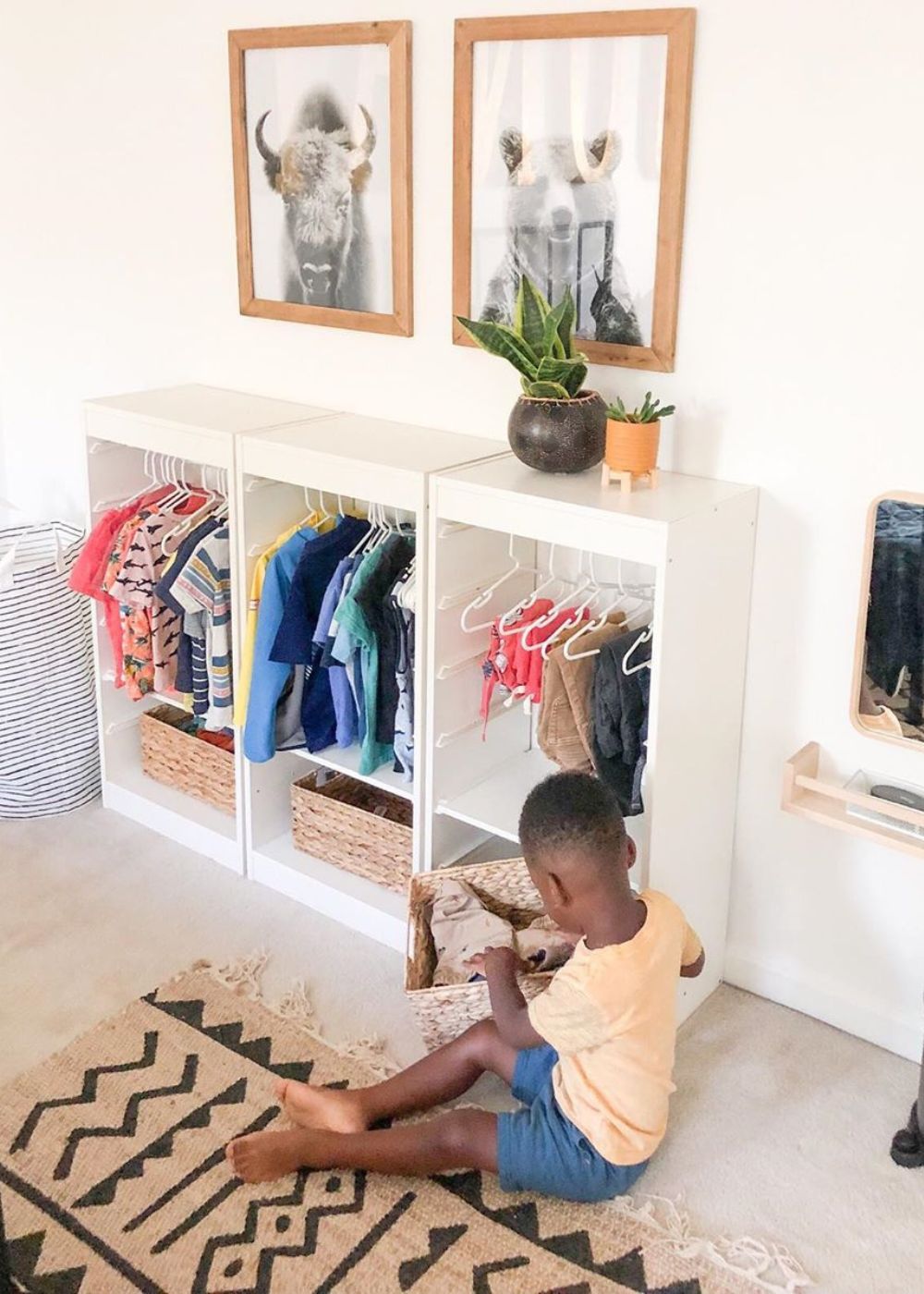
1. Self-determined choice of clothes
With a wardrobe at eye level, your children can learn to choose their own clothes. This could be a small coat rack in the hallway where your child hangs their own jacket after a walk. The more advanced version is the Montessori wardrobe, from which your child can put together their own outfit. Our tip: Don't overload the wardrobe, but rather equip the mini wardrobe with selected items of clothing for the current season. This way, your child won't be overwhelmed and you can avoid any discussions about thick woollen socks in the height of summer.
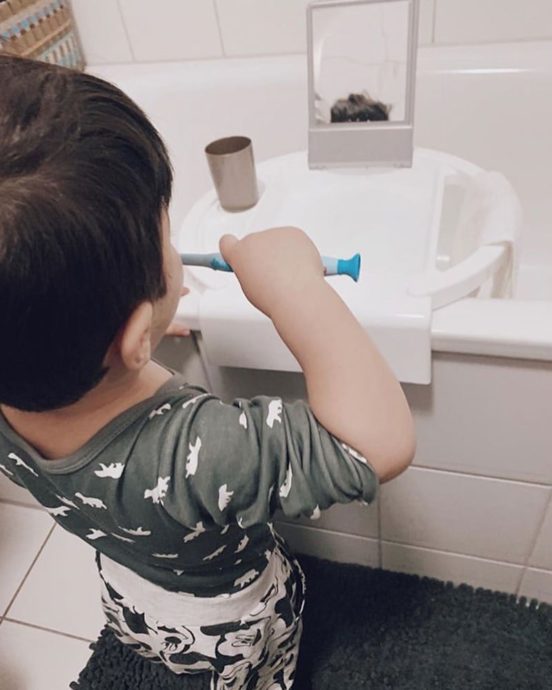
2. Washbasin at child height
In addition to choosing clothes, brushing teeth, washing hands and combing hair are also on the daily programme. Not exactly our little ones' favourite activities. But perhaps washing and styling on their own will be a little more popular than having mum or dad tugging at you. Many parents use a learning tower in the bathroom, which enables the child to stand at the sink independently. However, there are also other ideas to help your children become independent.
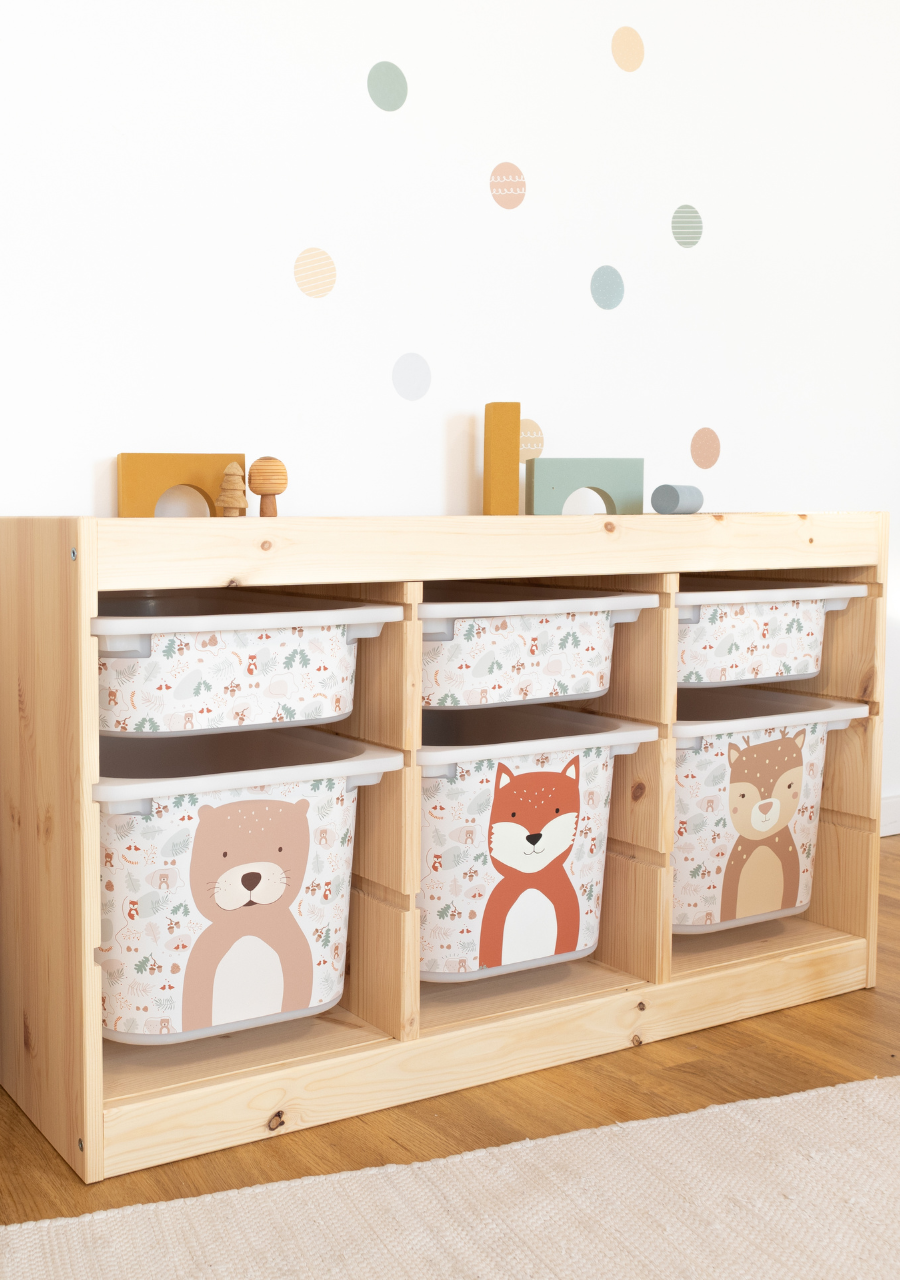
3. Tidying up together
When everything has its place, even tidying up after playing is fun. And it also encourages your child's independence and sense of responsibility. This works best with storage space that children can access themselves. If you store toys in boxes, order stickers with symbols can be a great help.
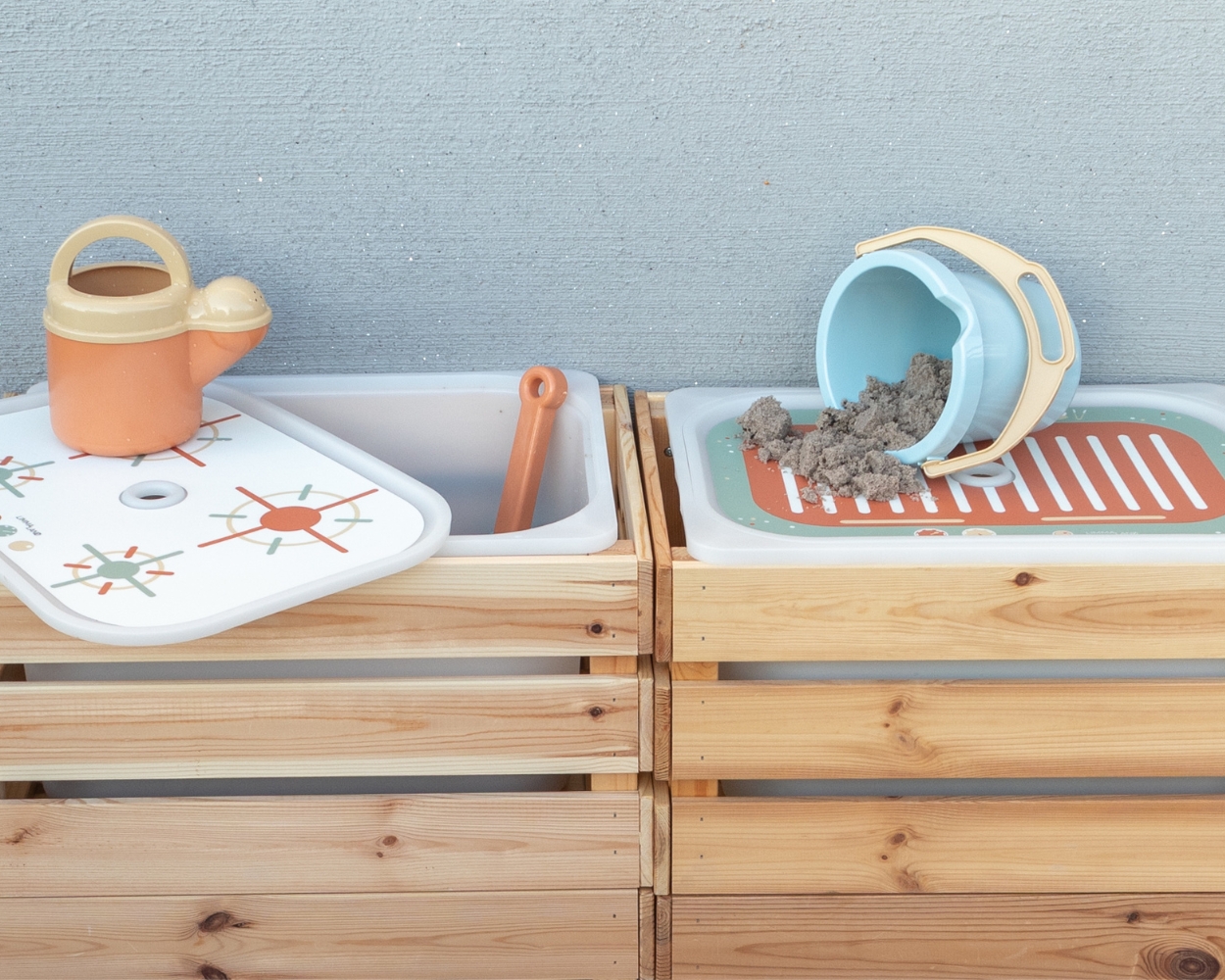
4. Exploring nature in the Montessori home
Montessori emphasises the connection to nature. Take your child outside, collect chestnuts, shells or leaves and observe animals. Independent discovery also promotes your child's individual development. Your child can dig in the sandpit or help you water and care for plants. If you don't have a garden, you can even set up a mud kitchen on the smallest balcony.
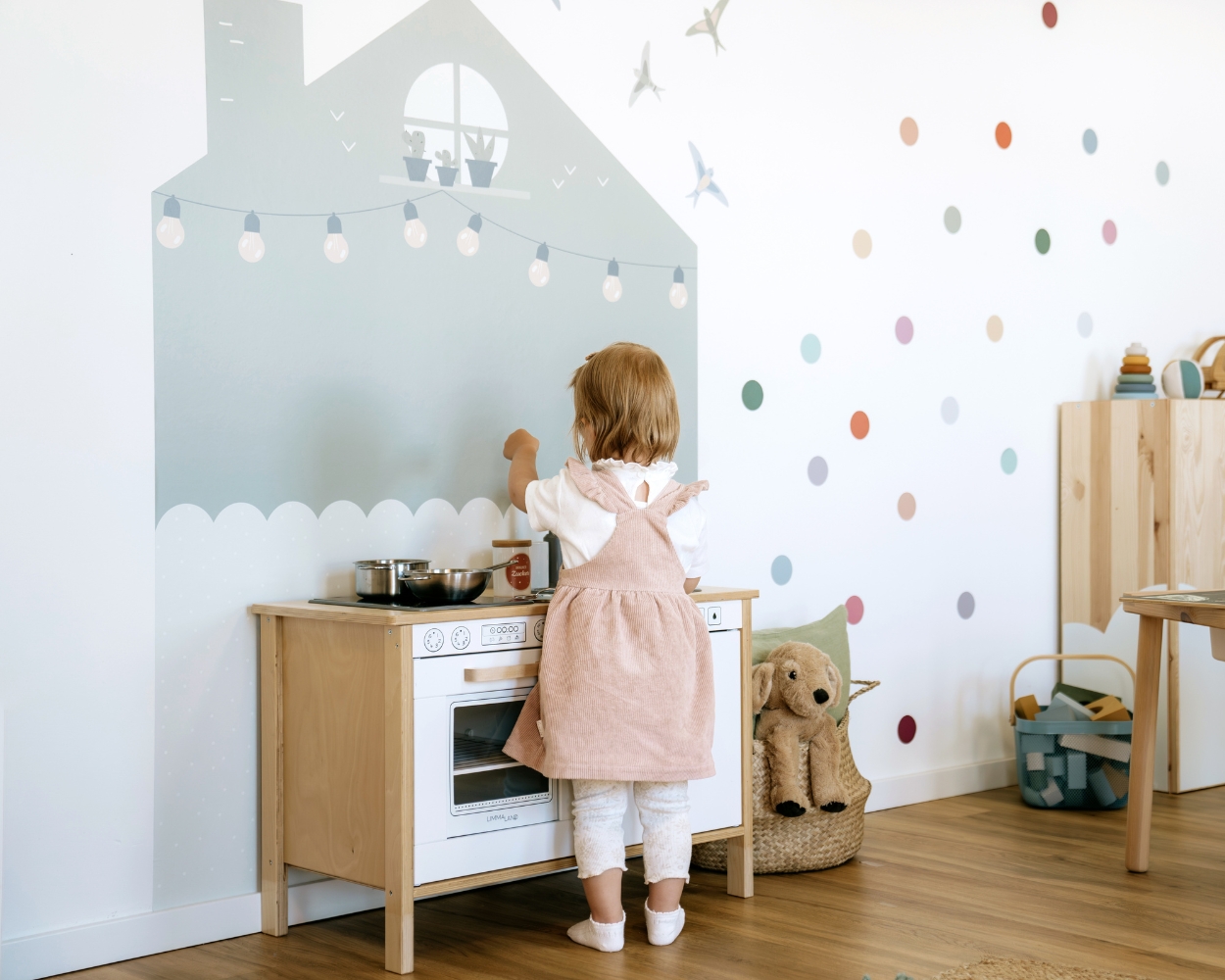
5. Imitating everyday life with role play
Maria Montessori observed and encouraged active imitation of everyday life. She therefore favoured imaginative play and play materials that allow children to imitate everyday life. With role-playing games such as play shop or play kitchen, you can re-enact and process everyday situations with your children. Playful preparation, for example for a visit to the vet, also helps your child to become independent.
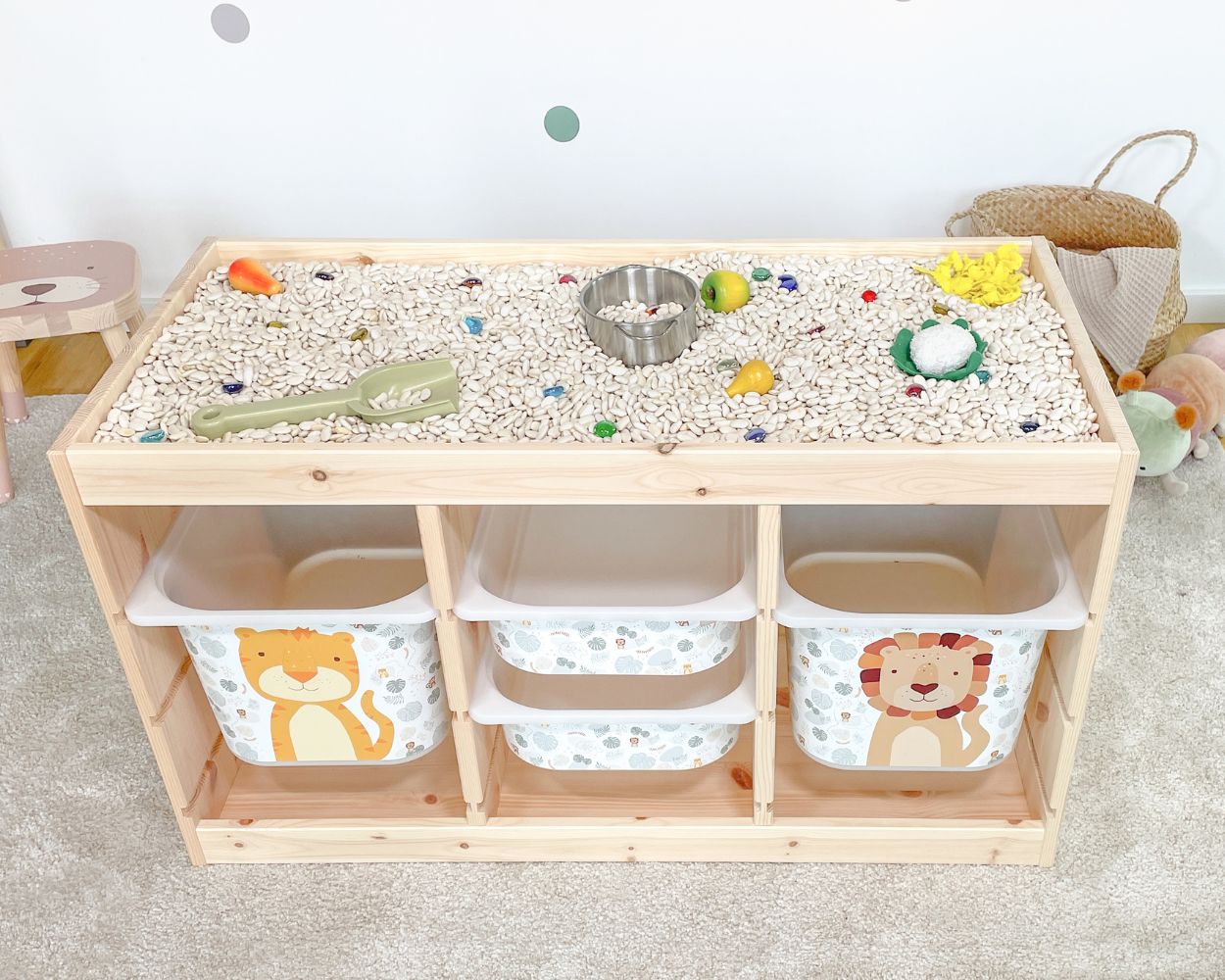
6. Sensory activities
You don't play with food! This is not quite true in Montessori education. Food can also be examined extensively. Feeling different shapes and materials promotes your child's sensory skills. Sorting by colour or smelling different scents are also exciting activities for your child.
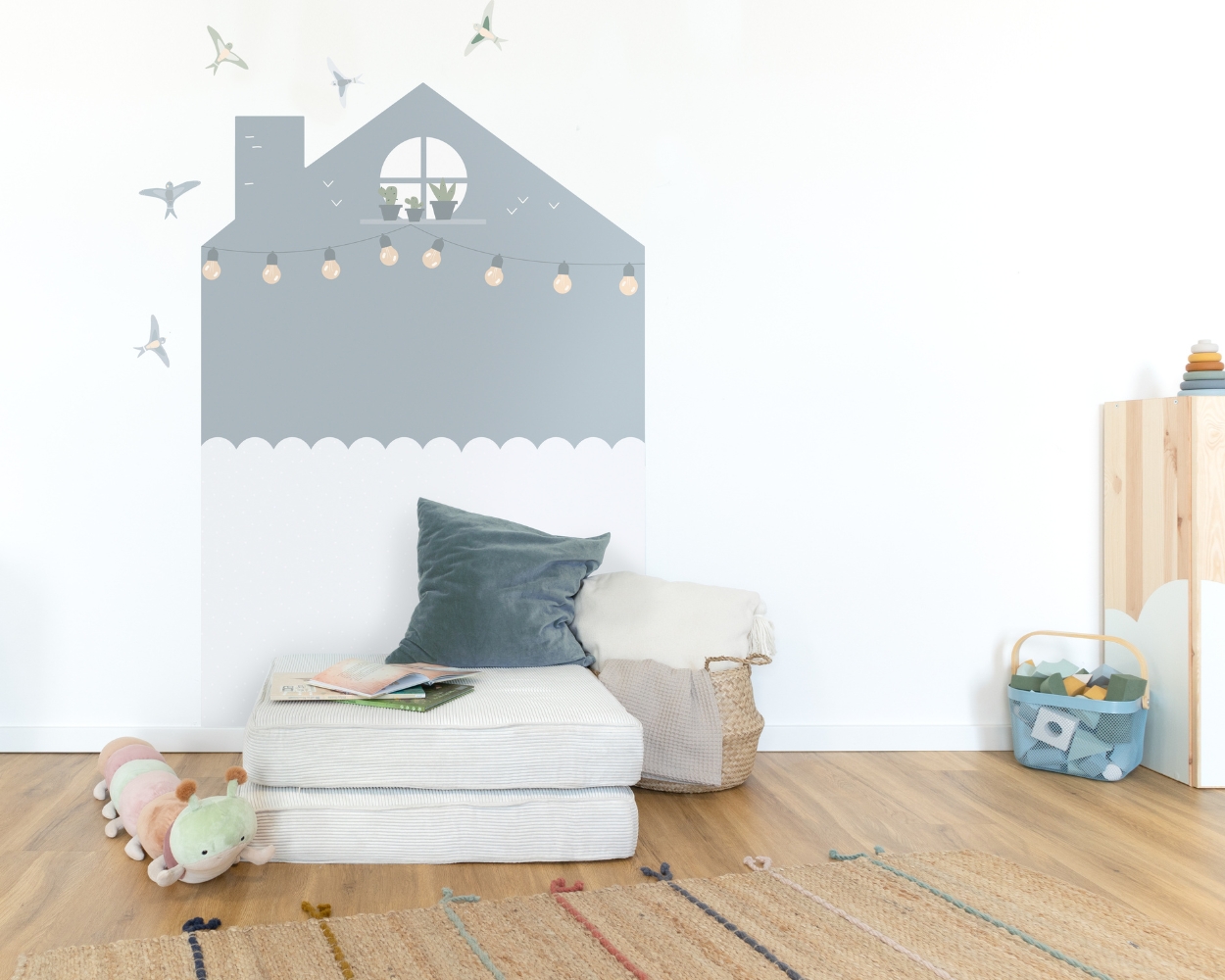
7. Creating zones in the nursery
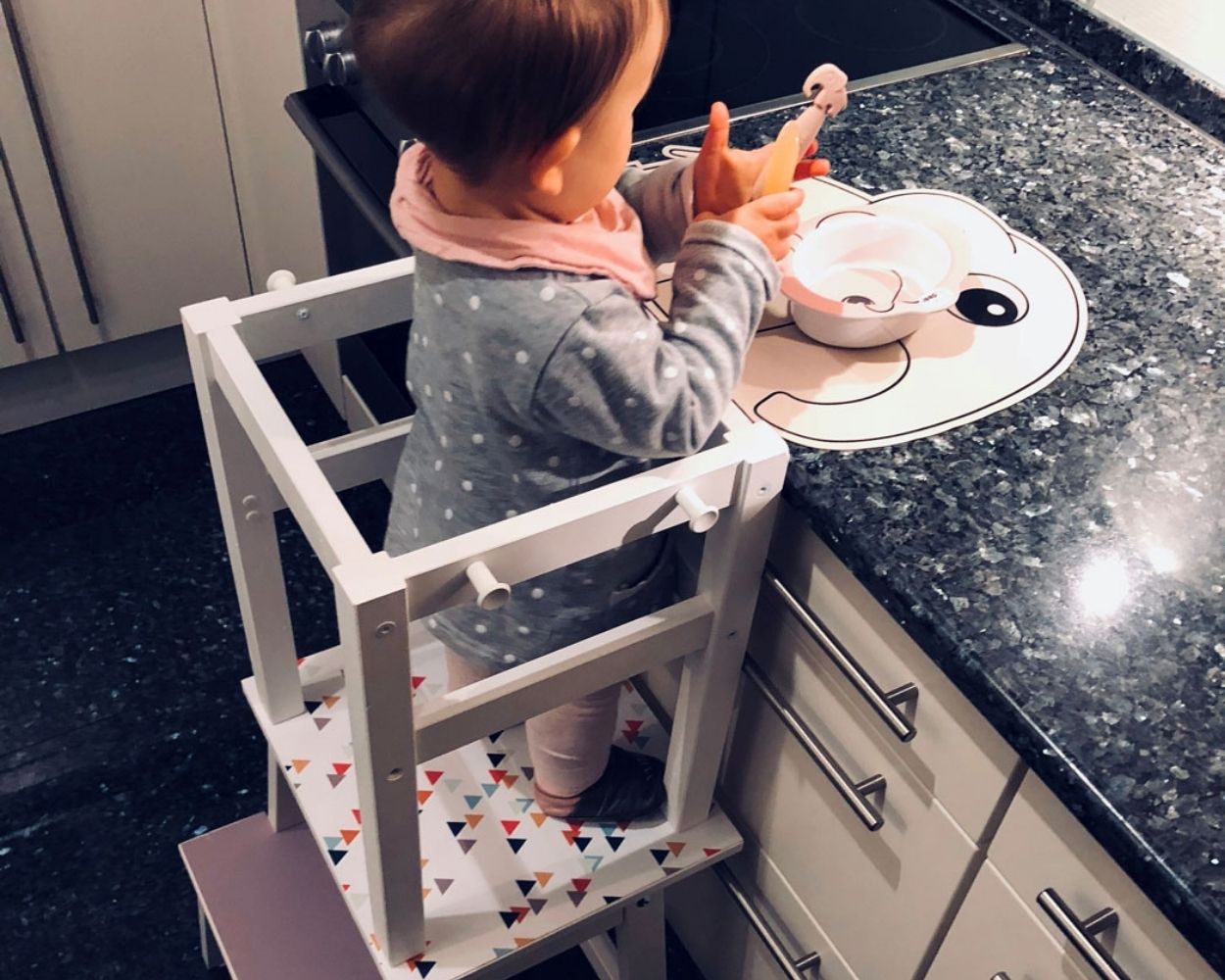
8. Simple food preparation
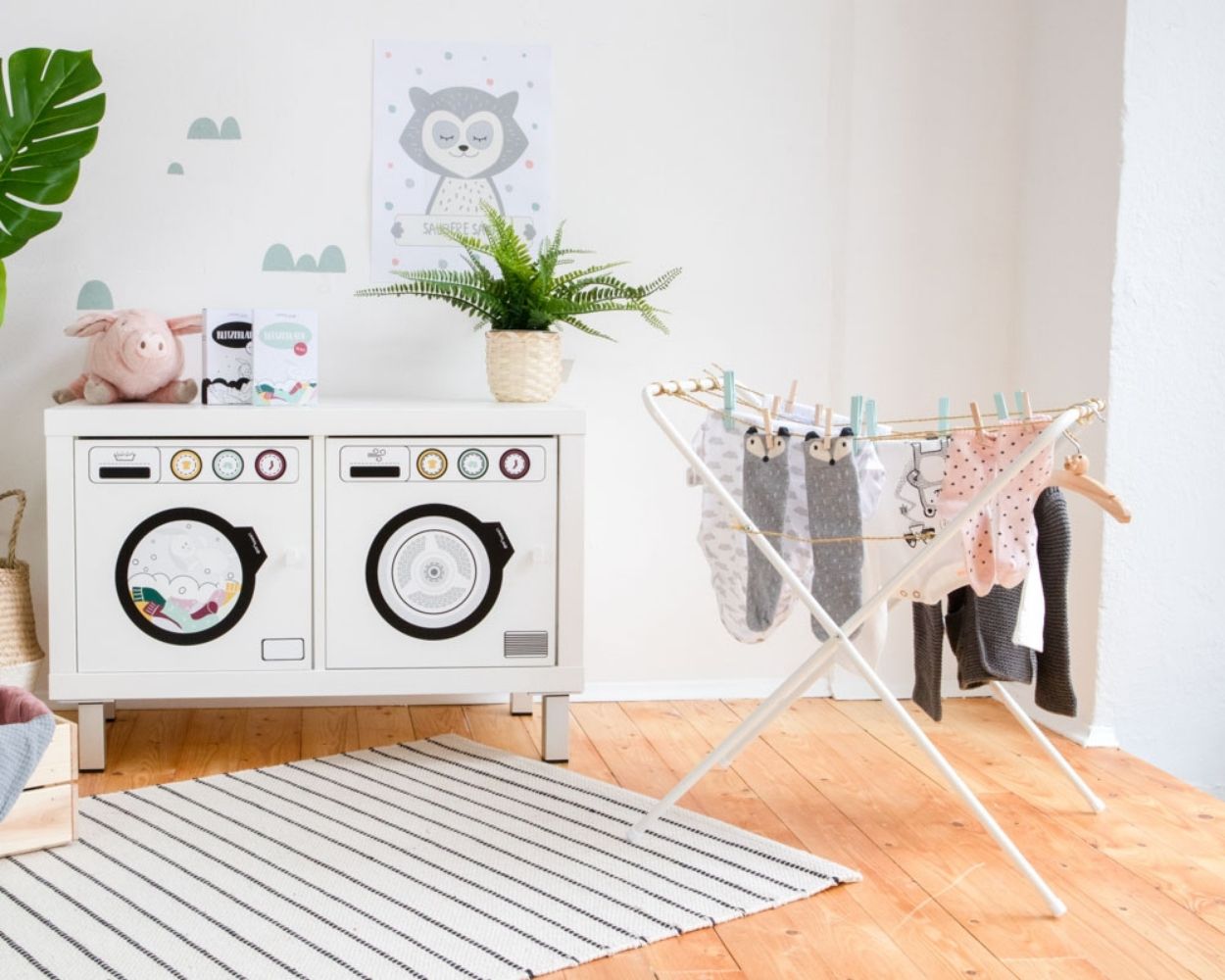
9. Sorting laundry
